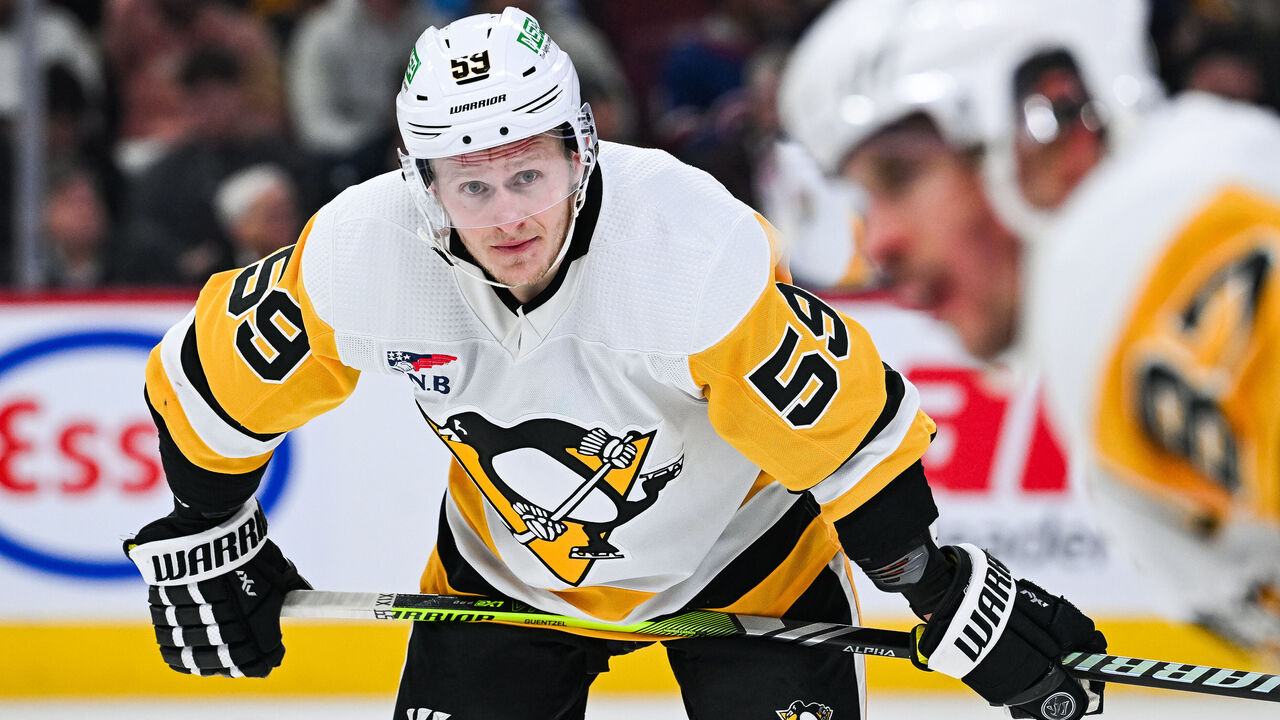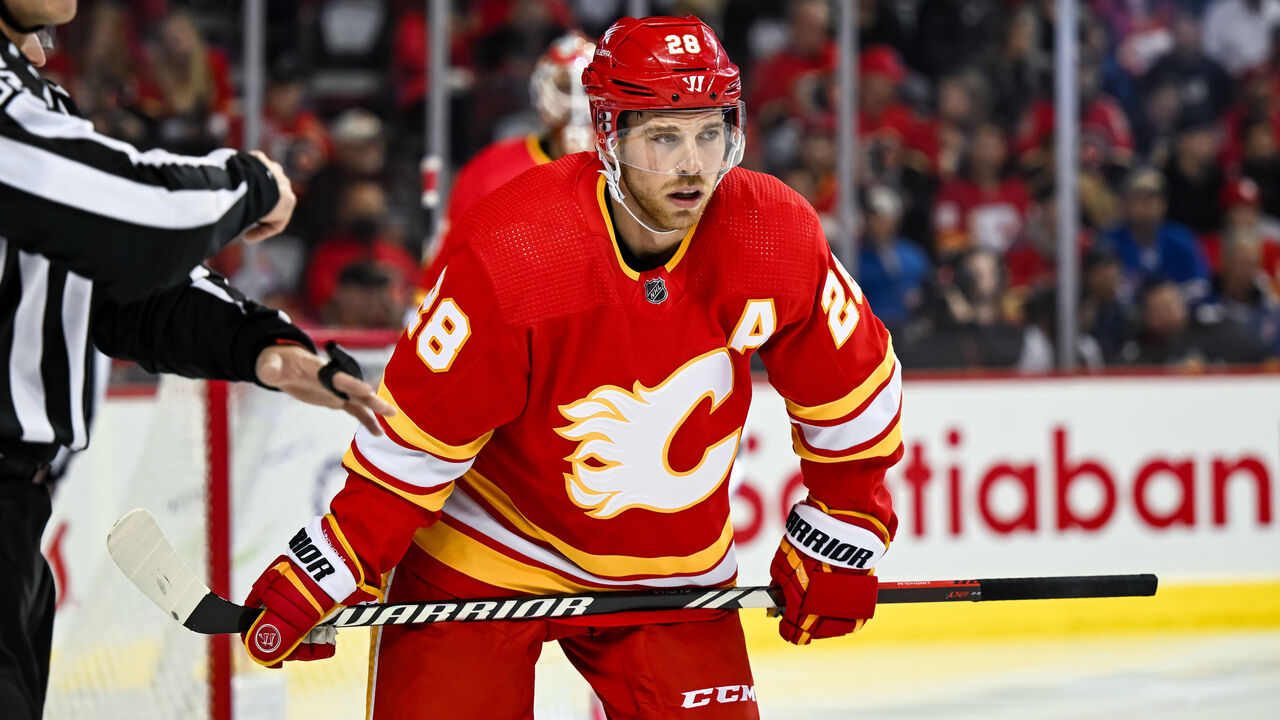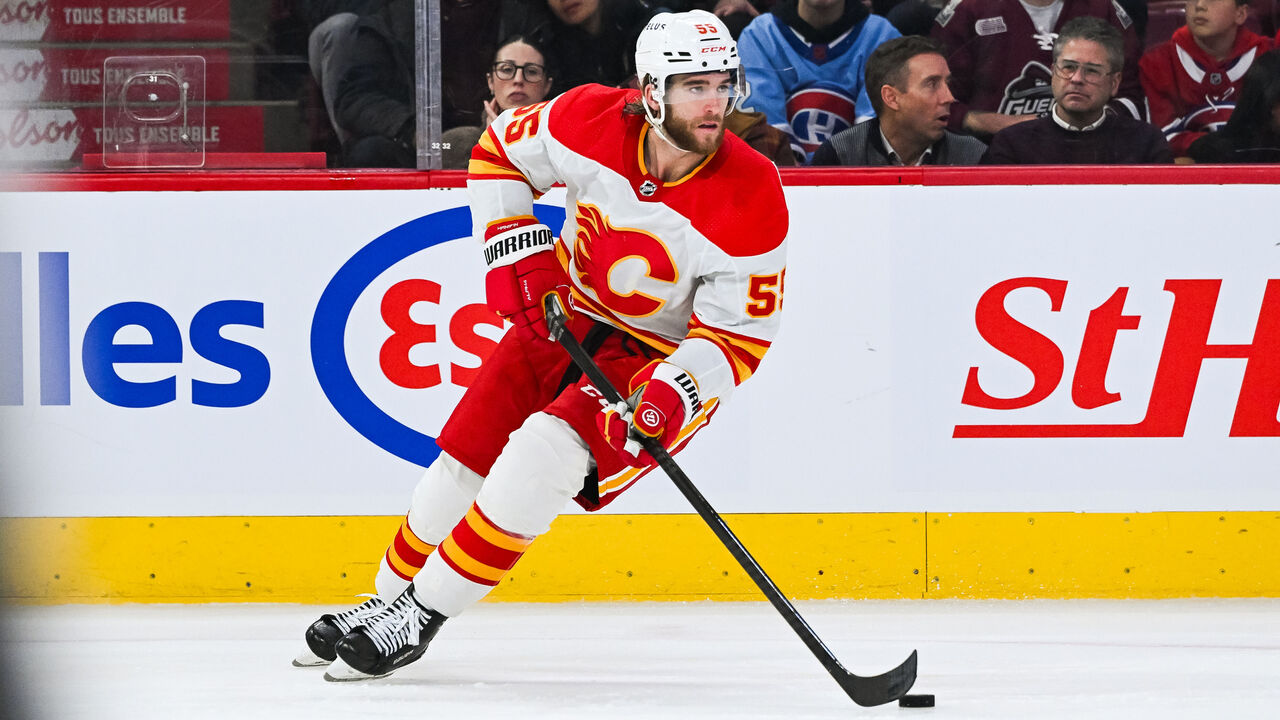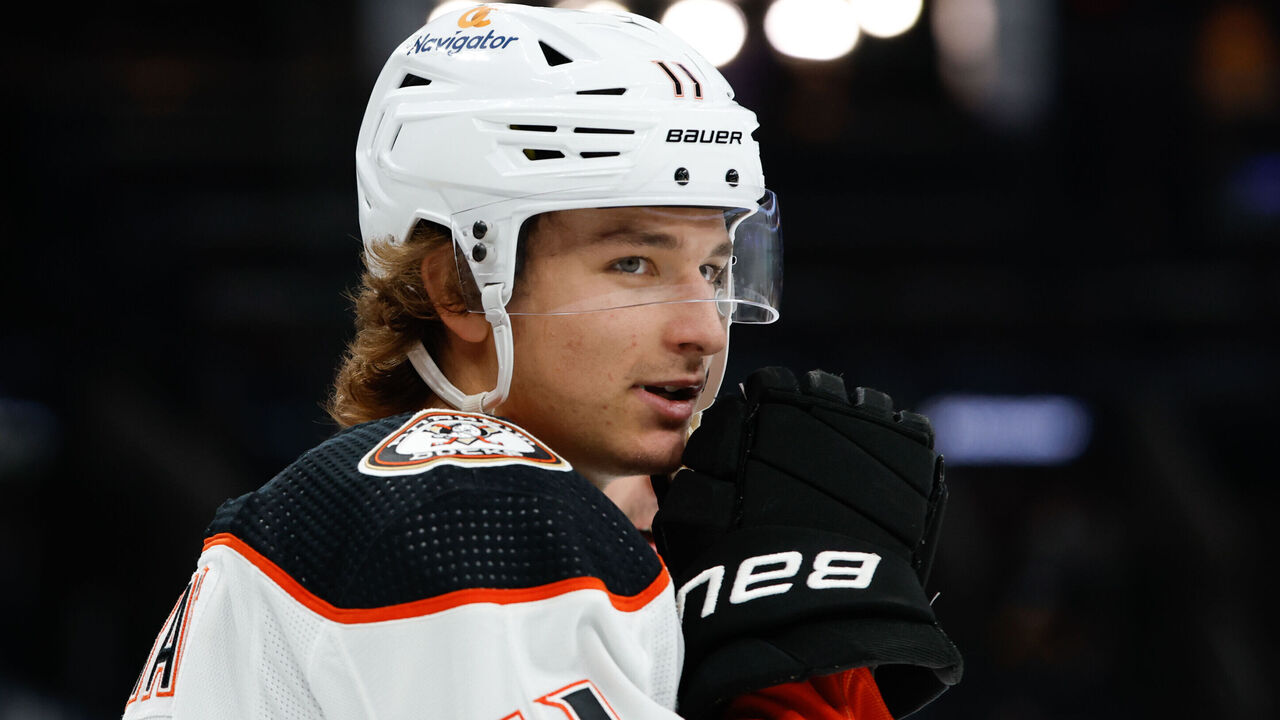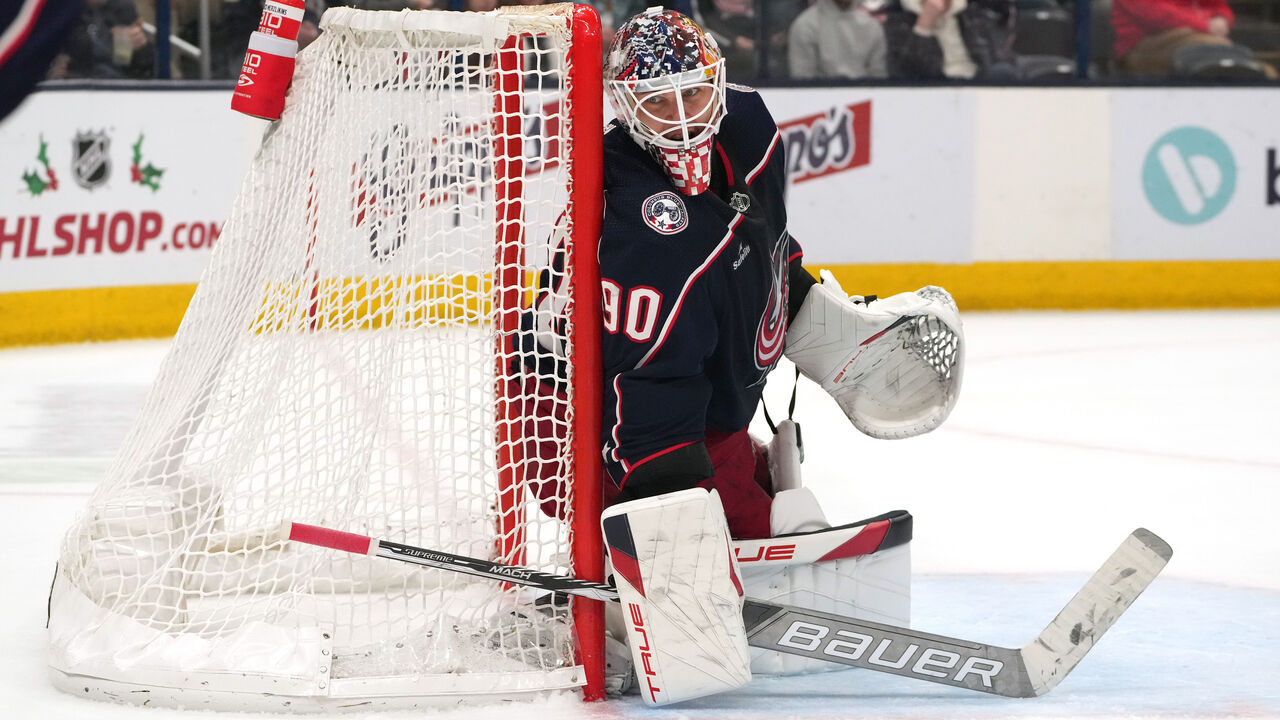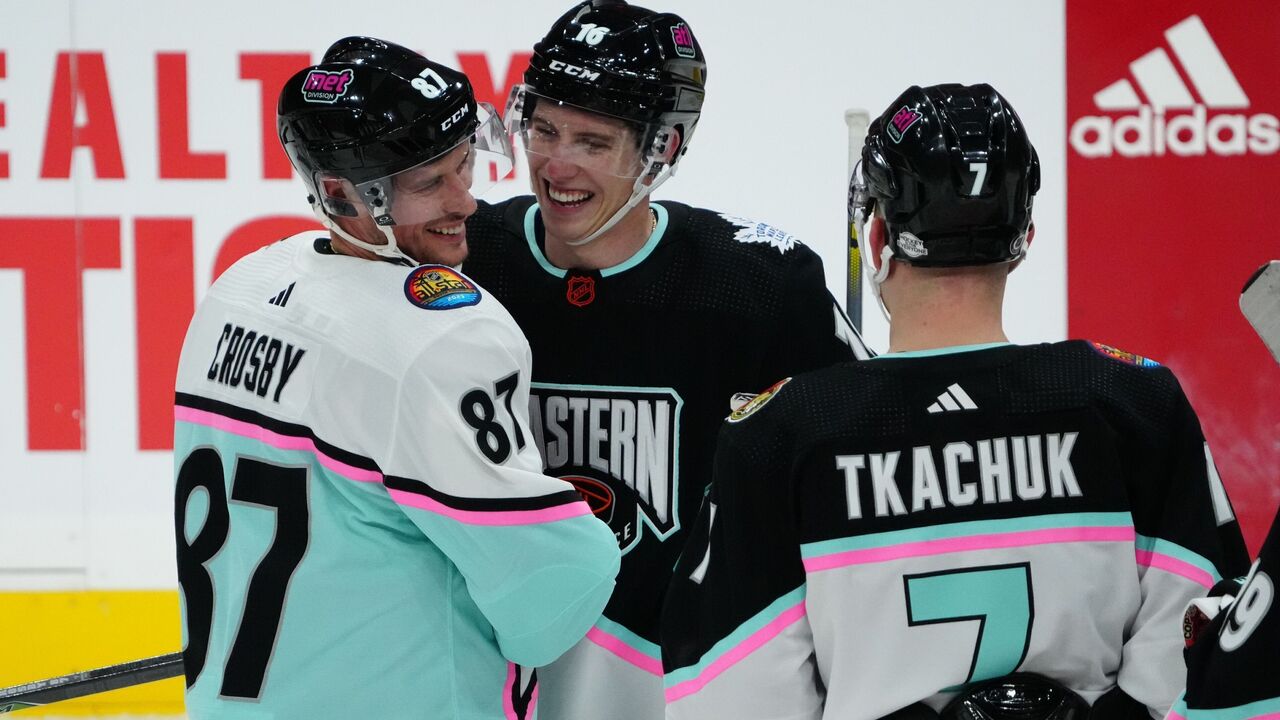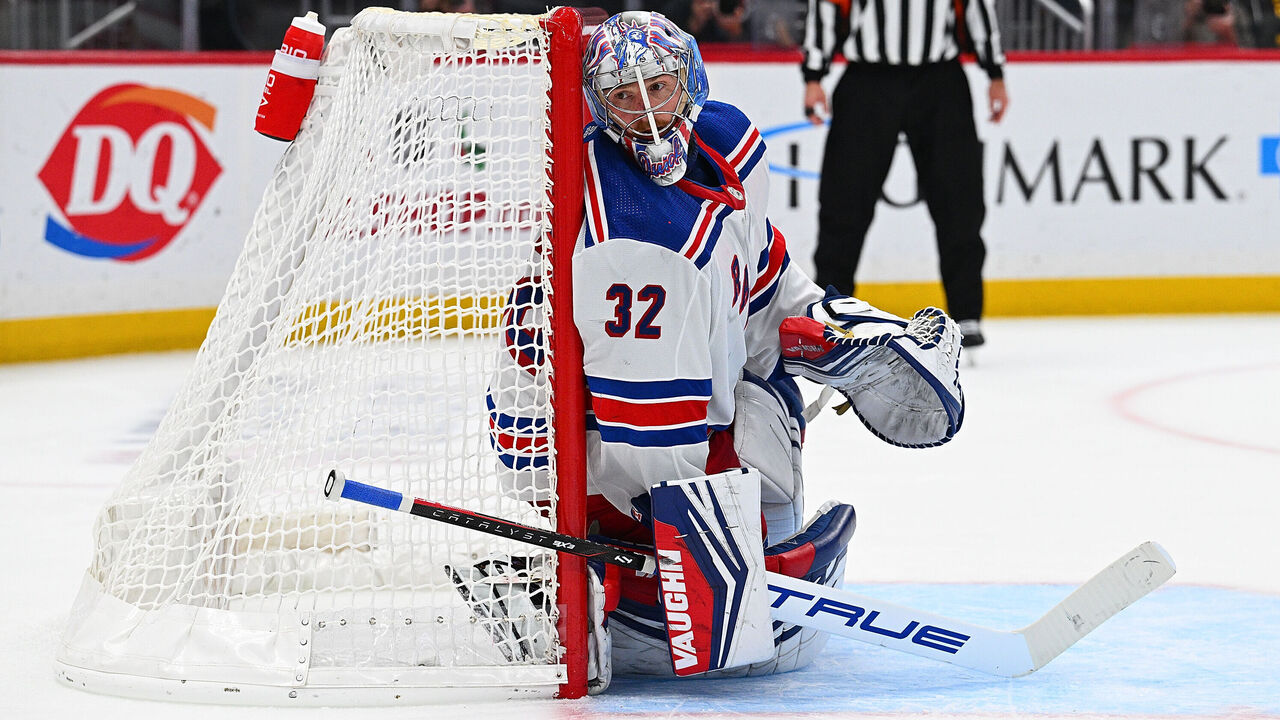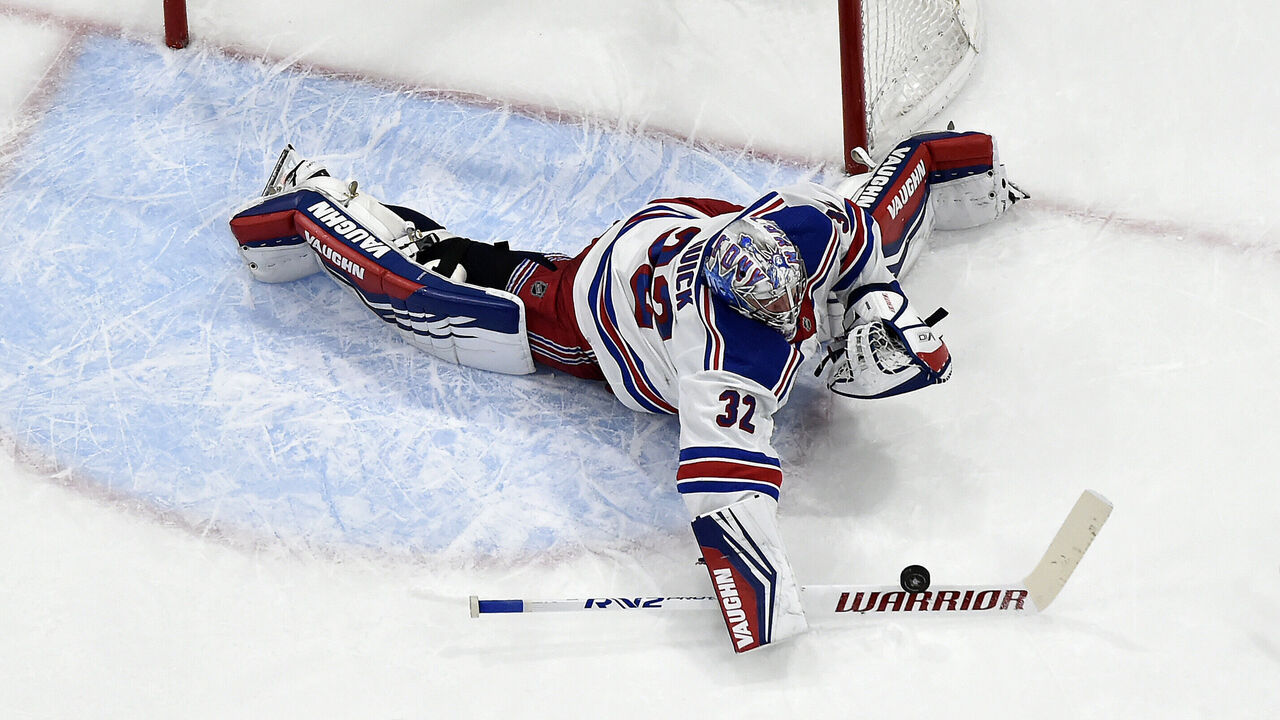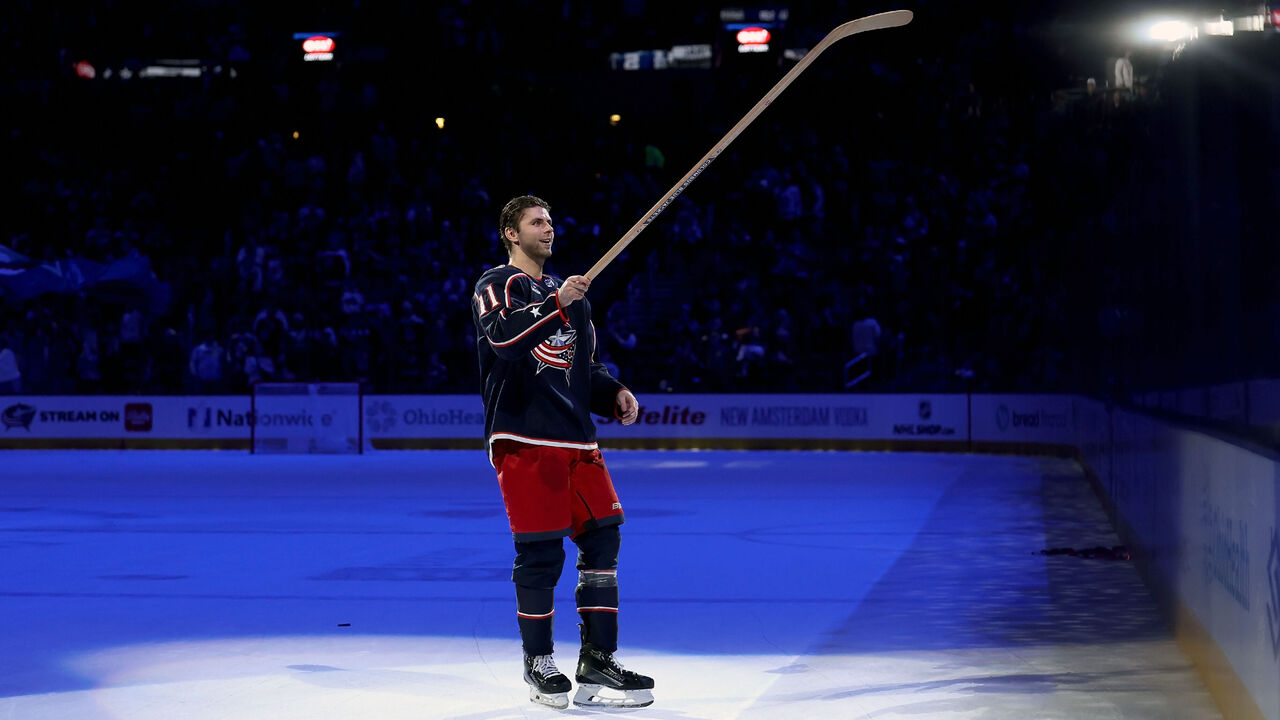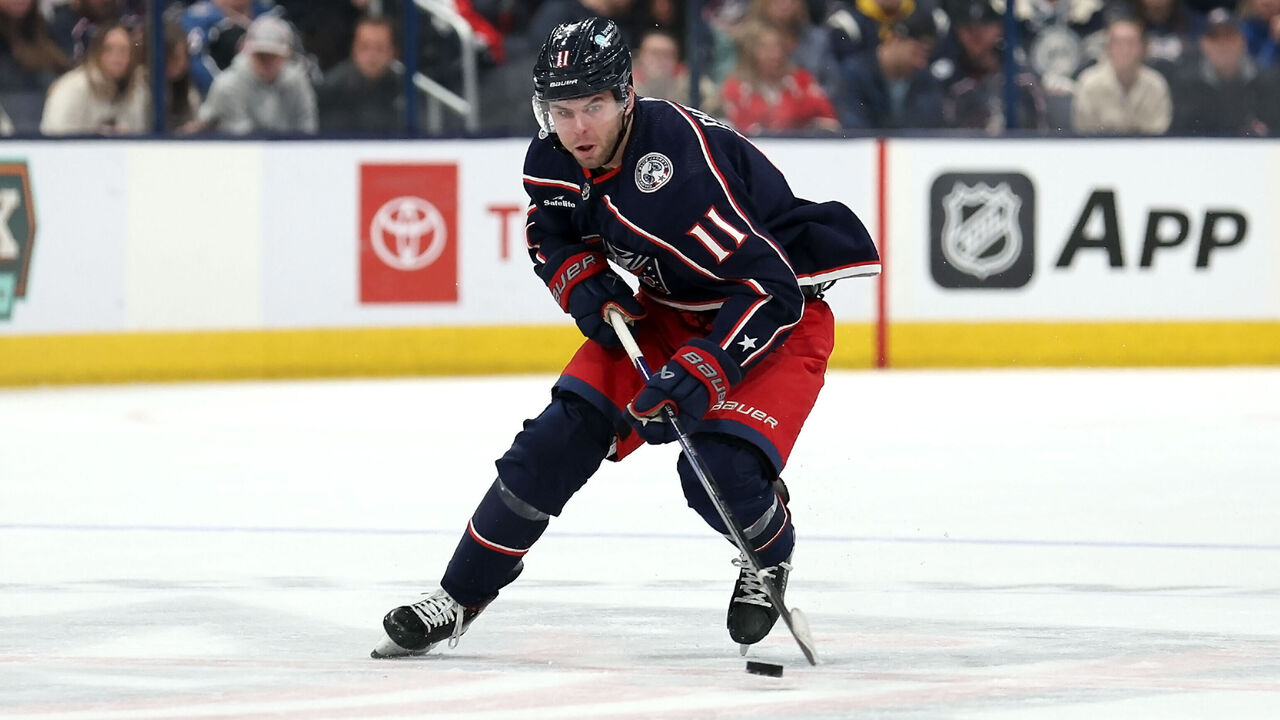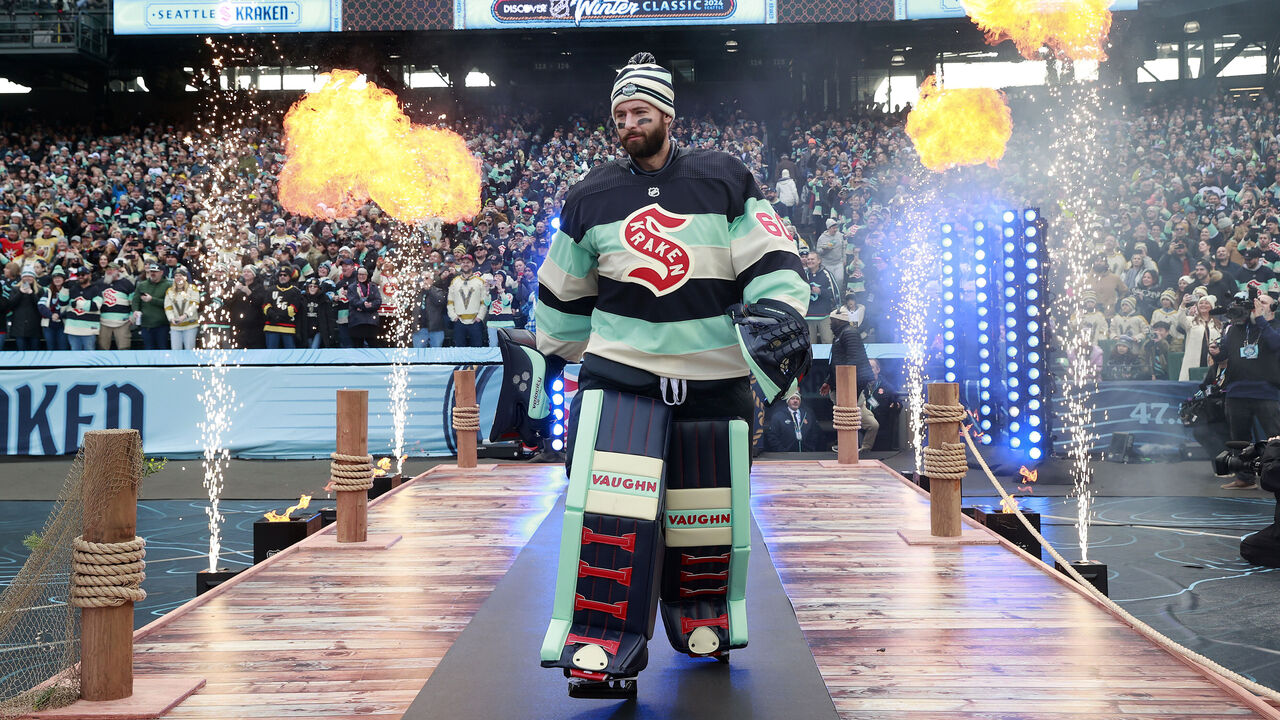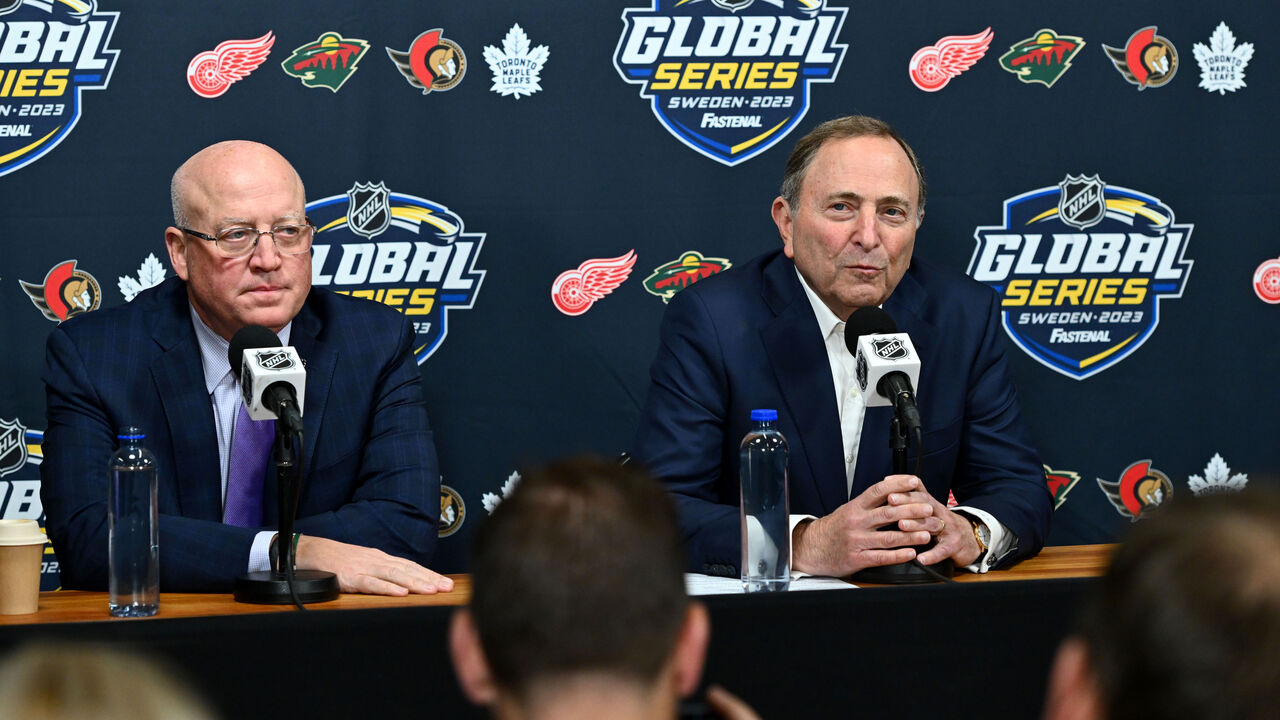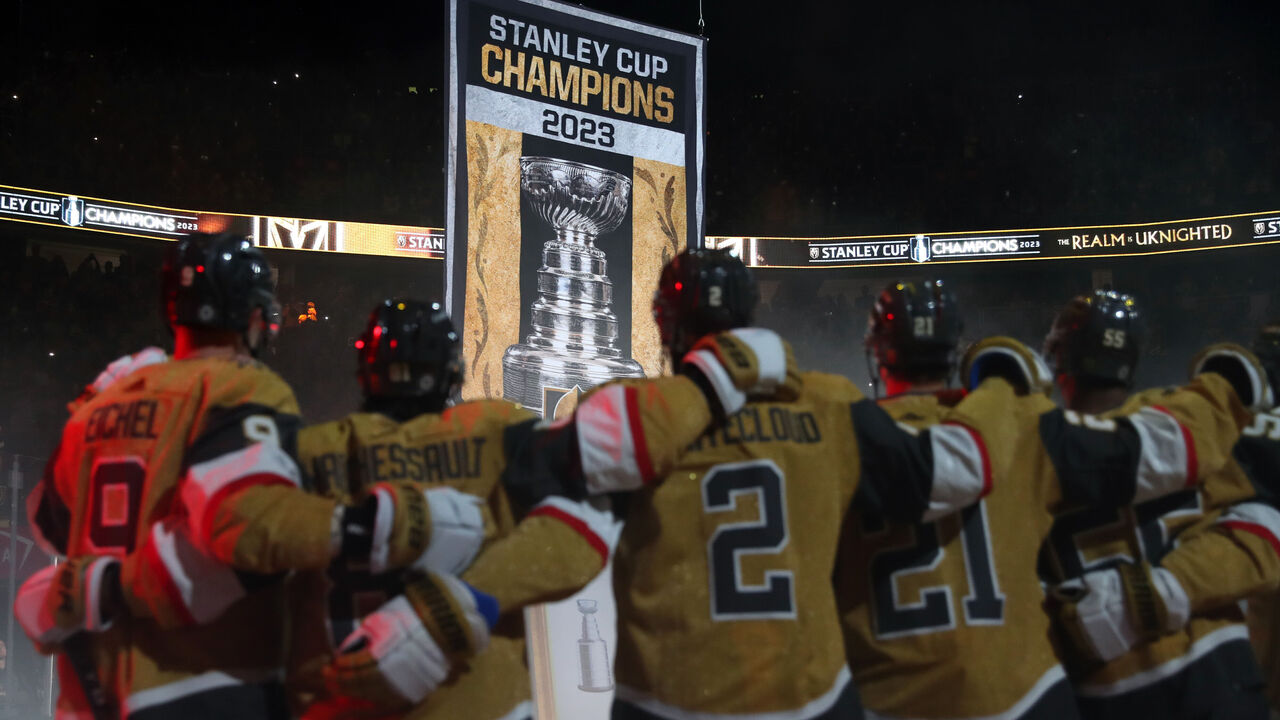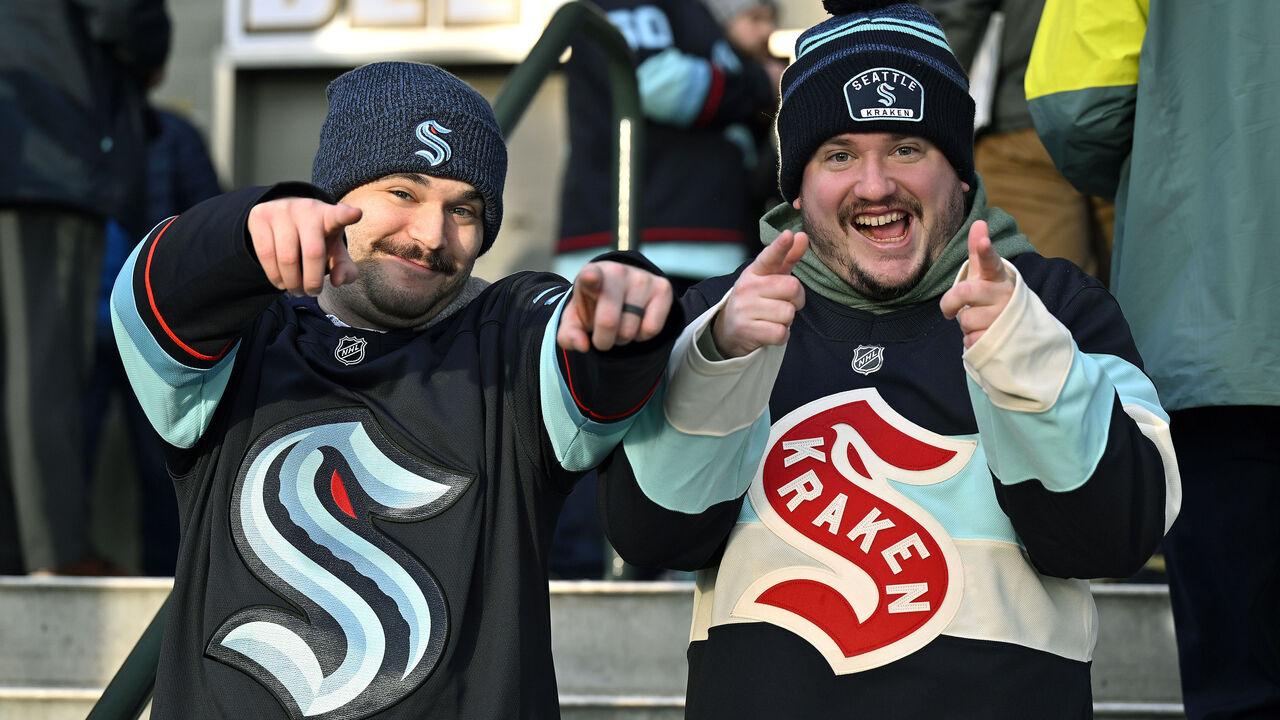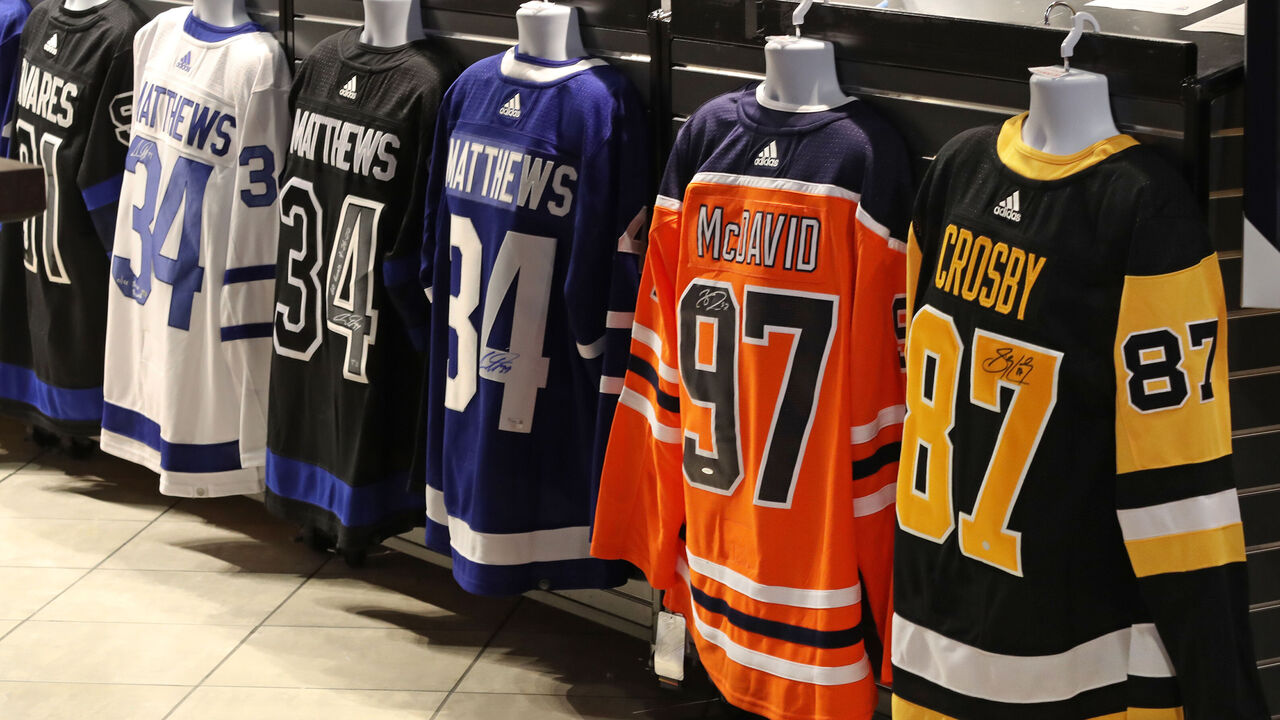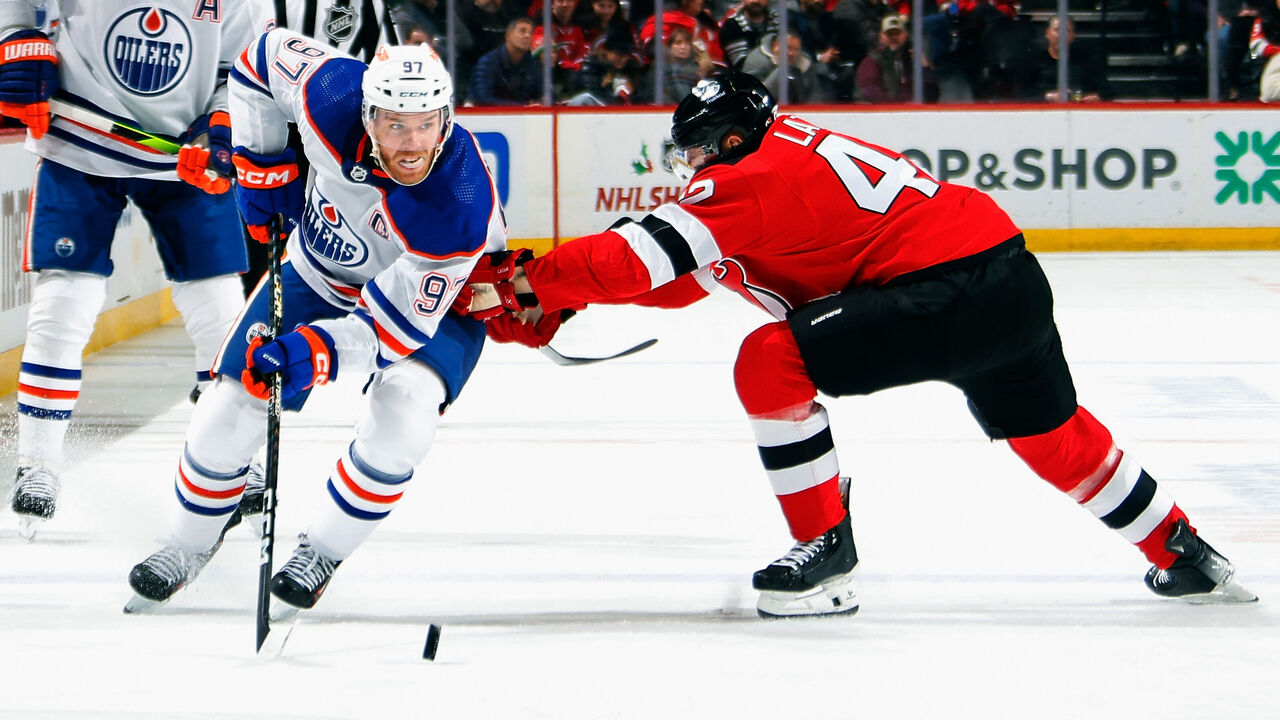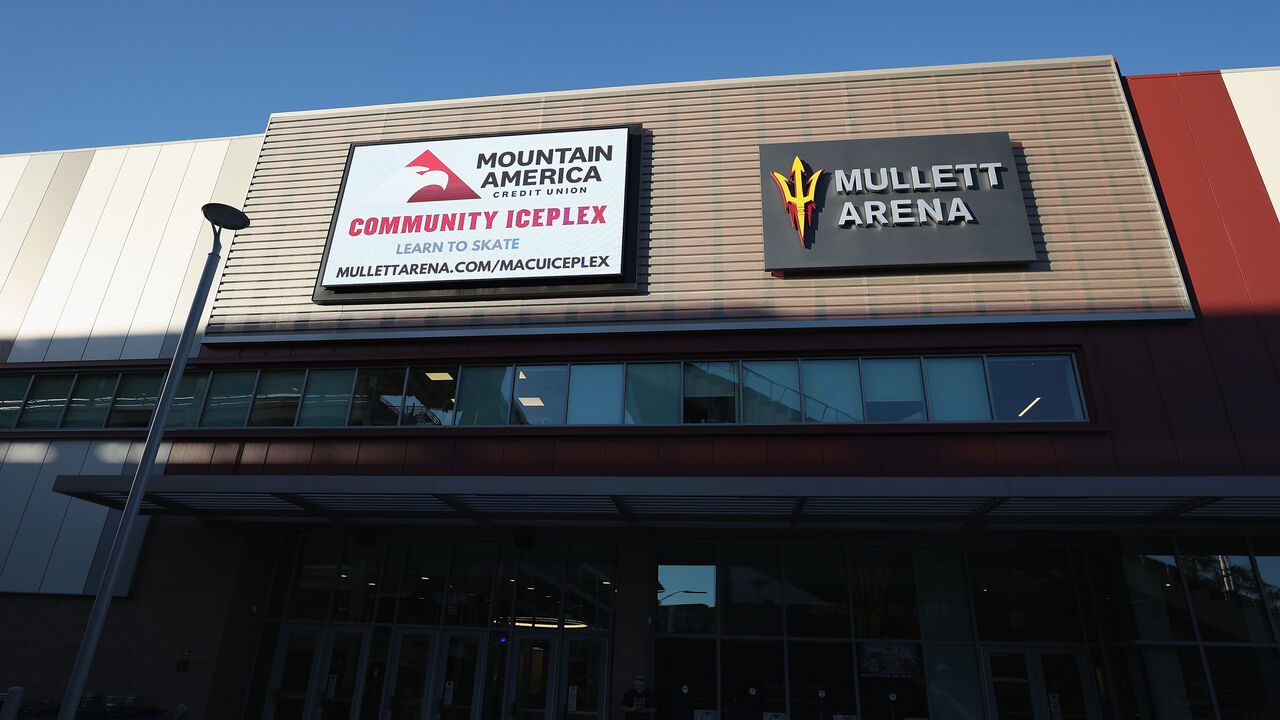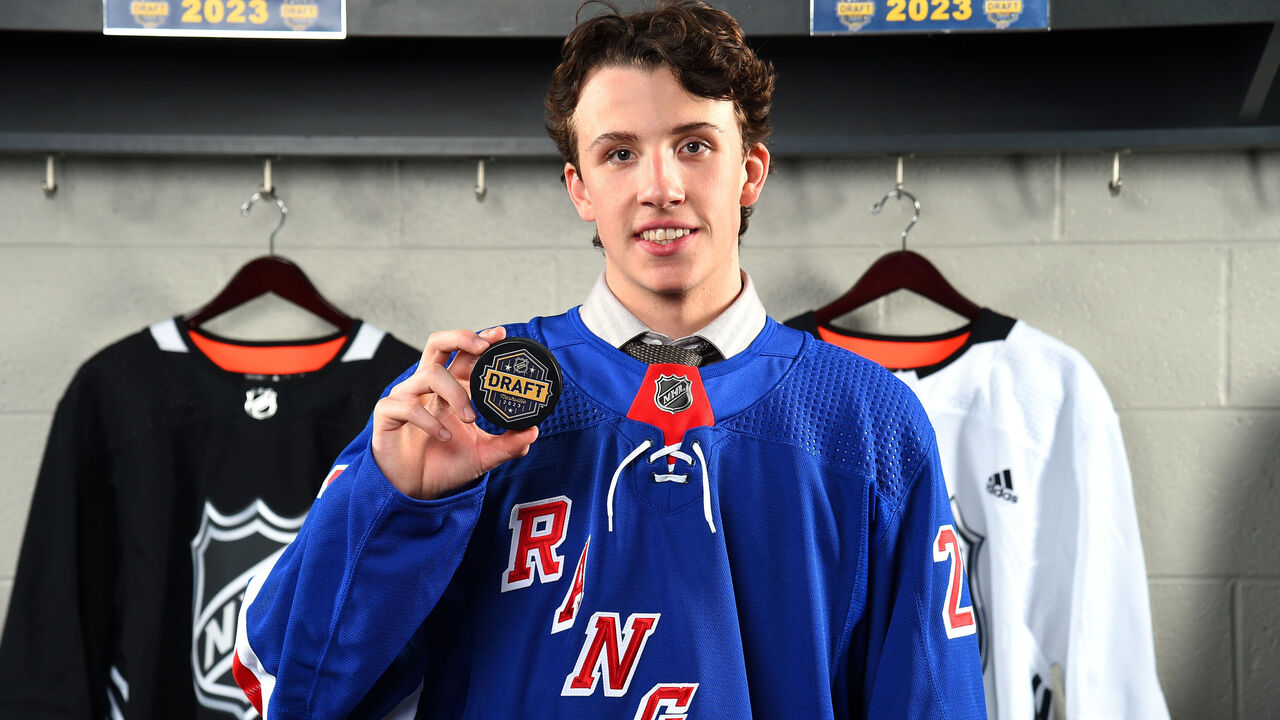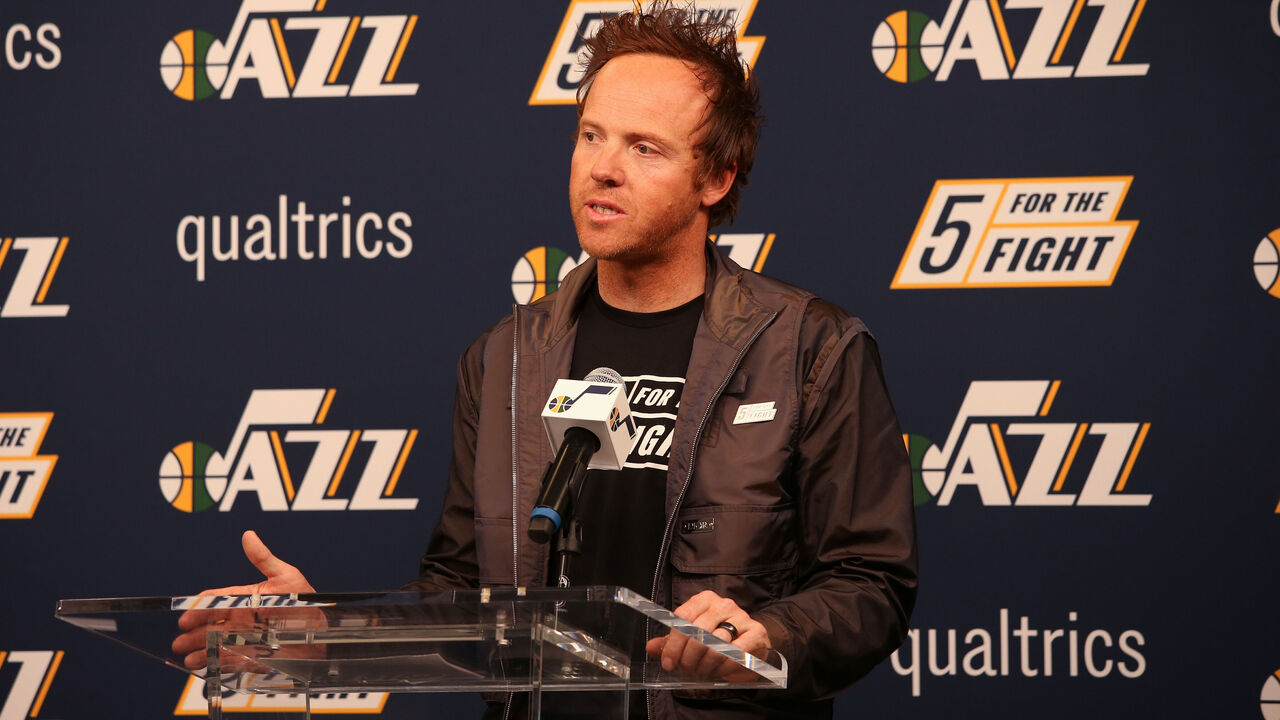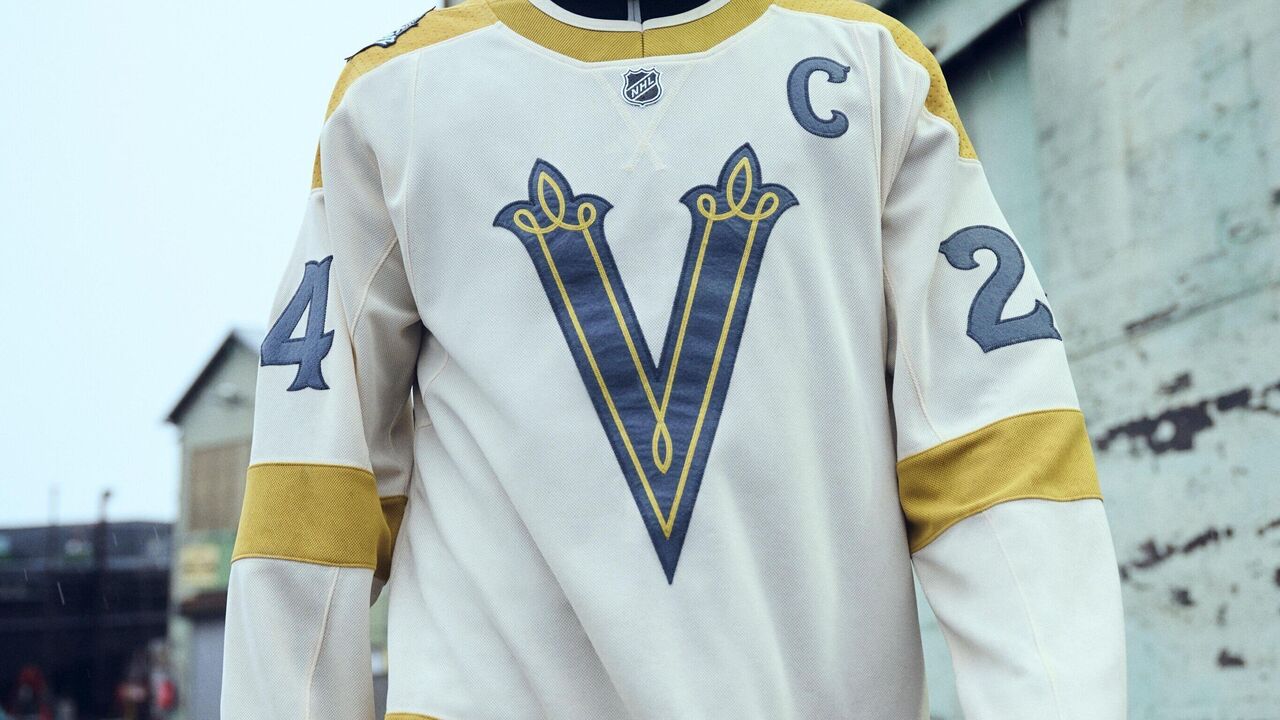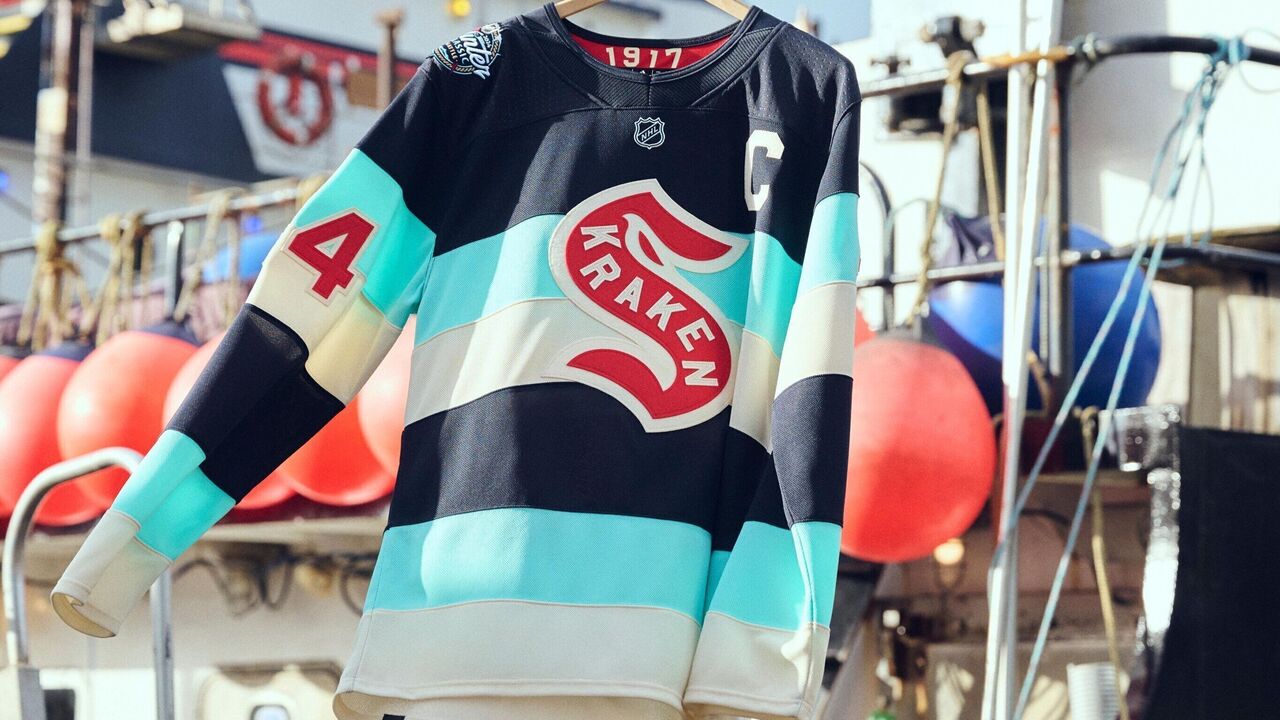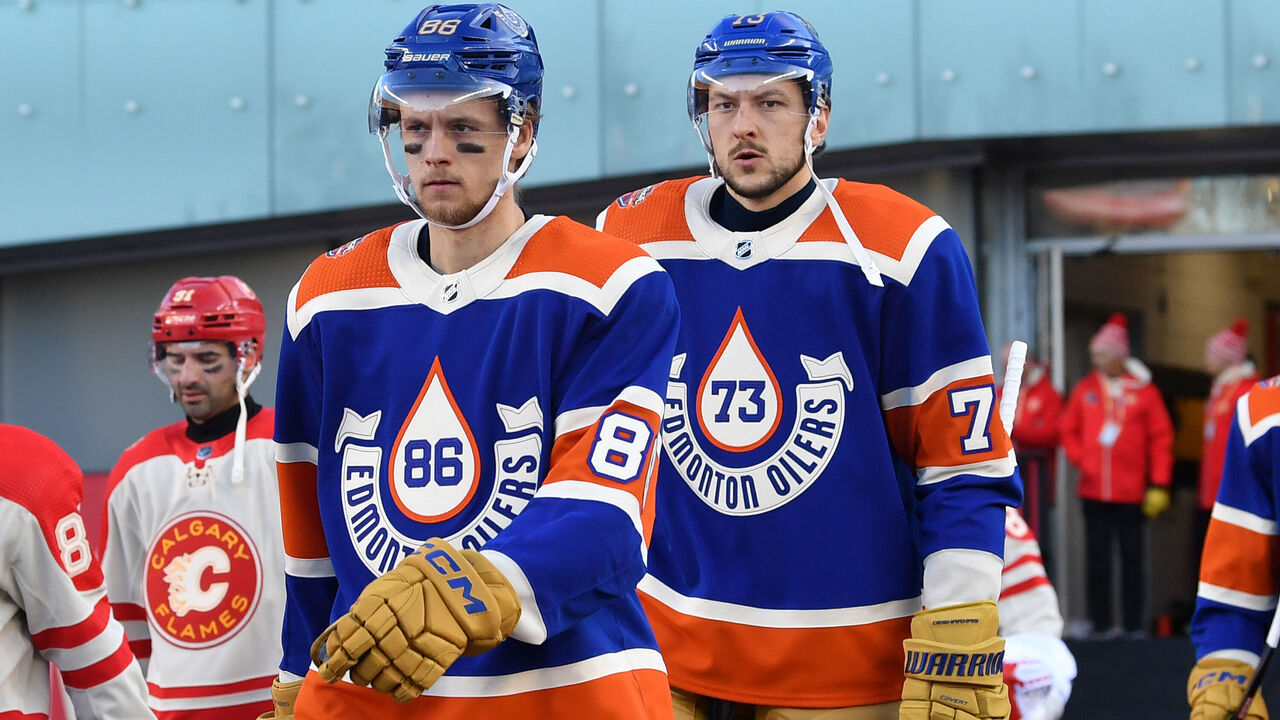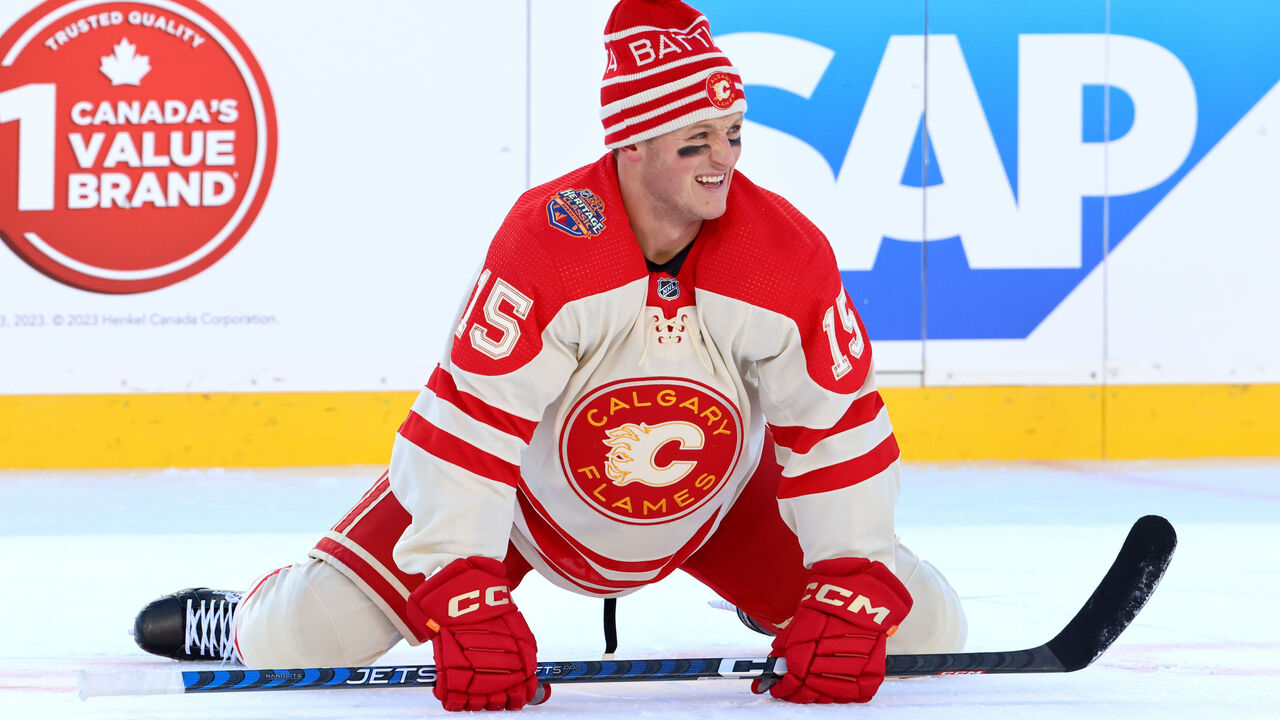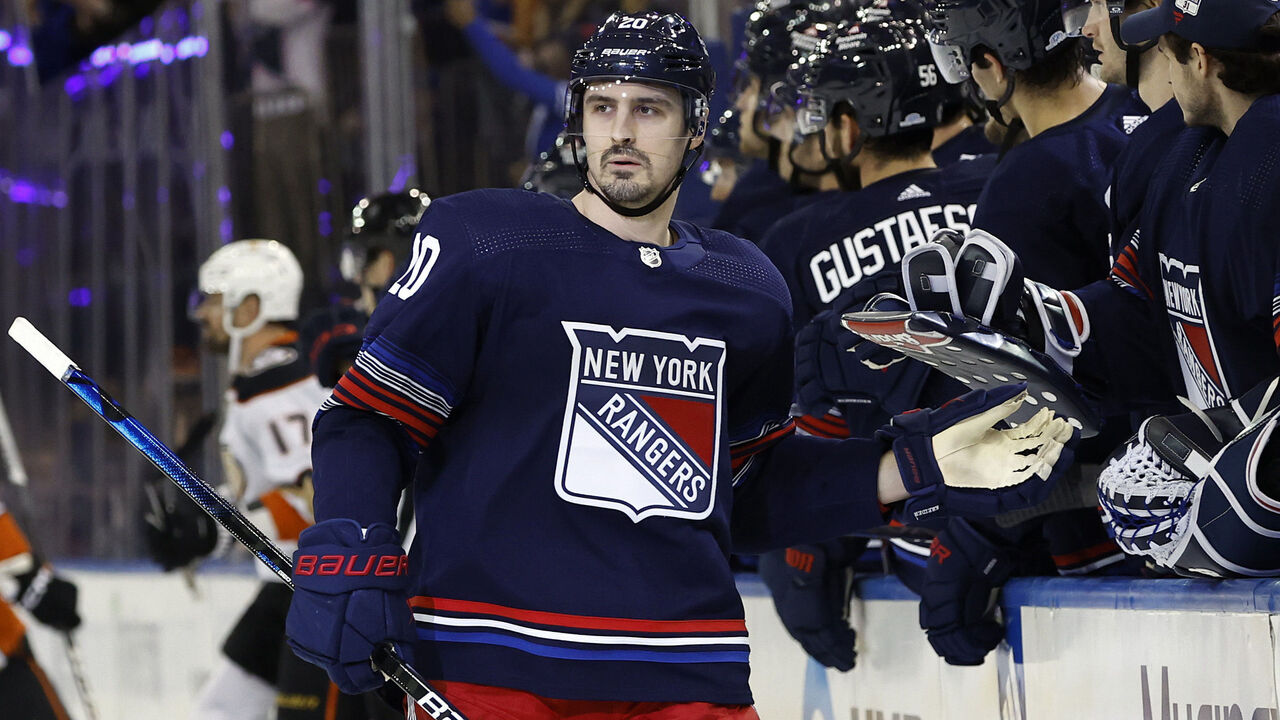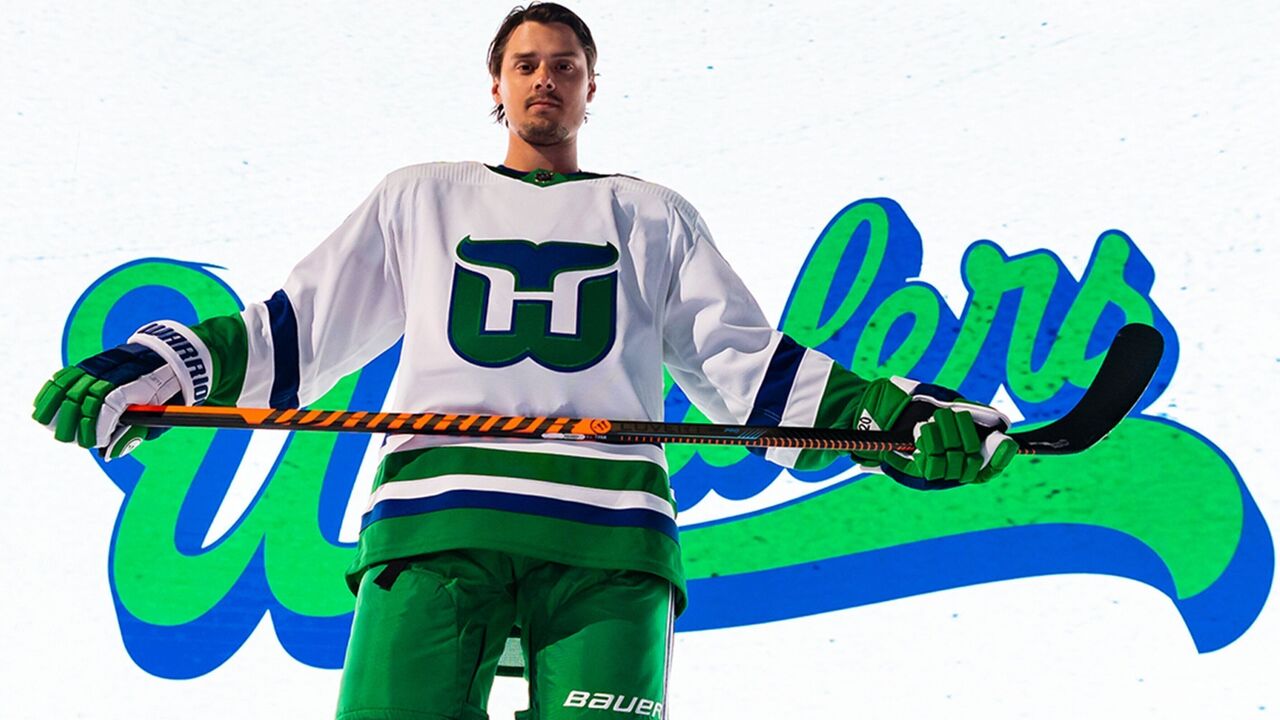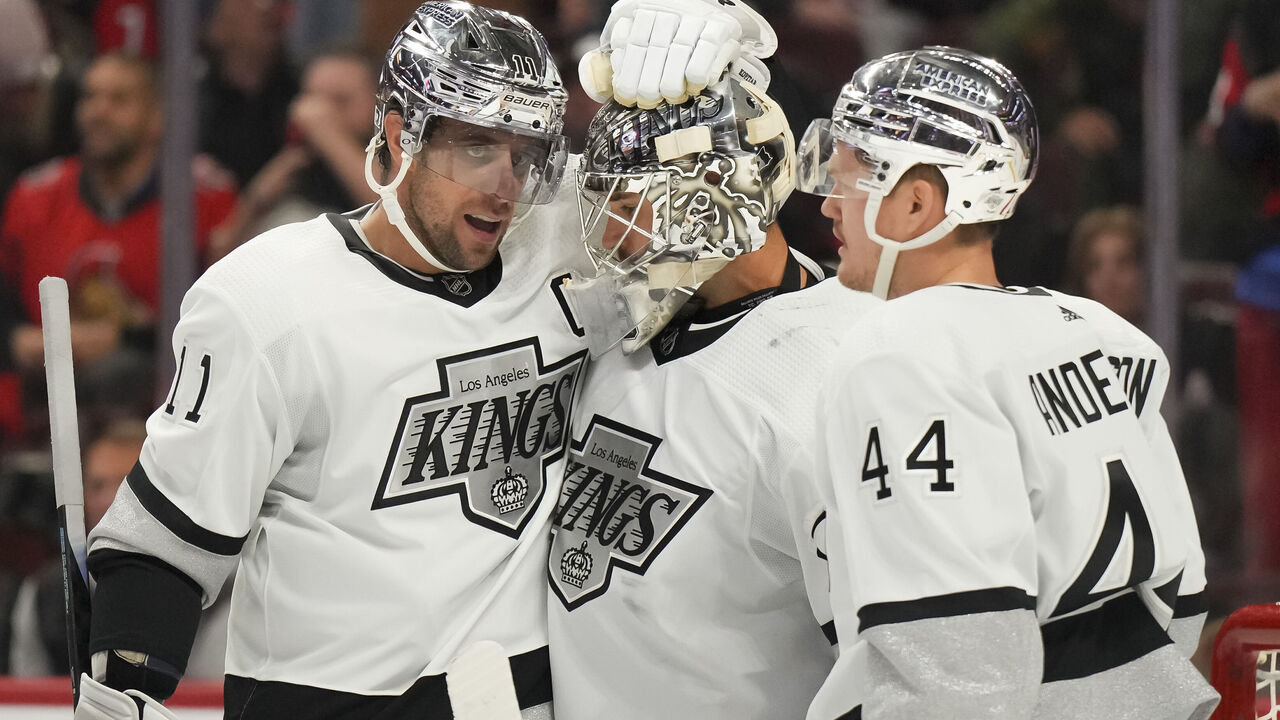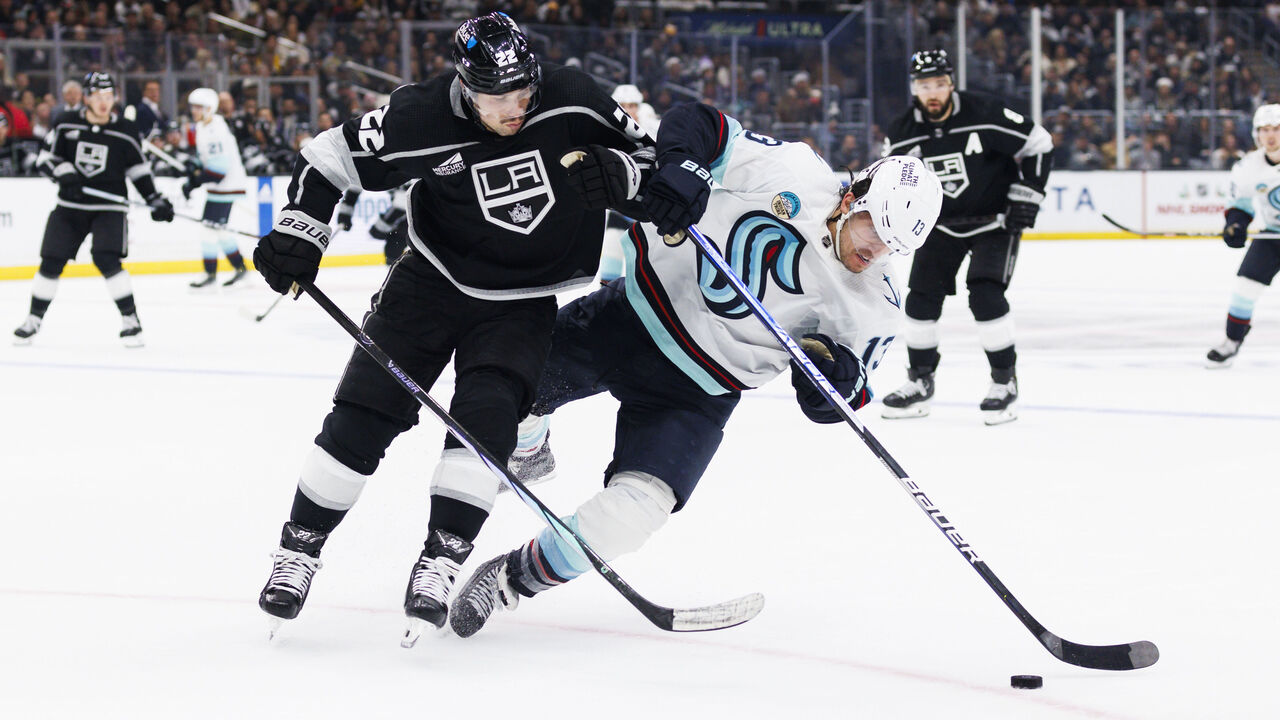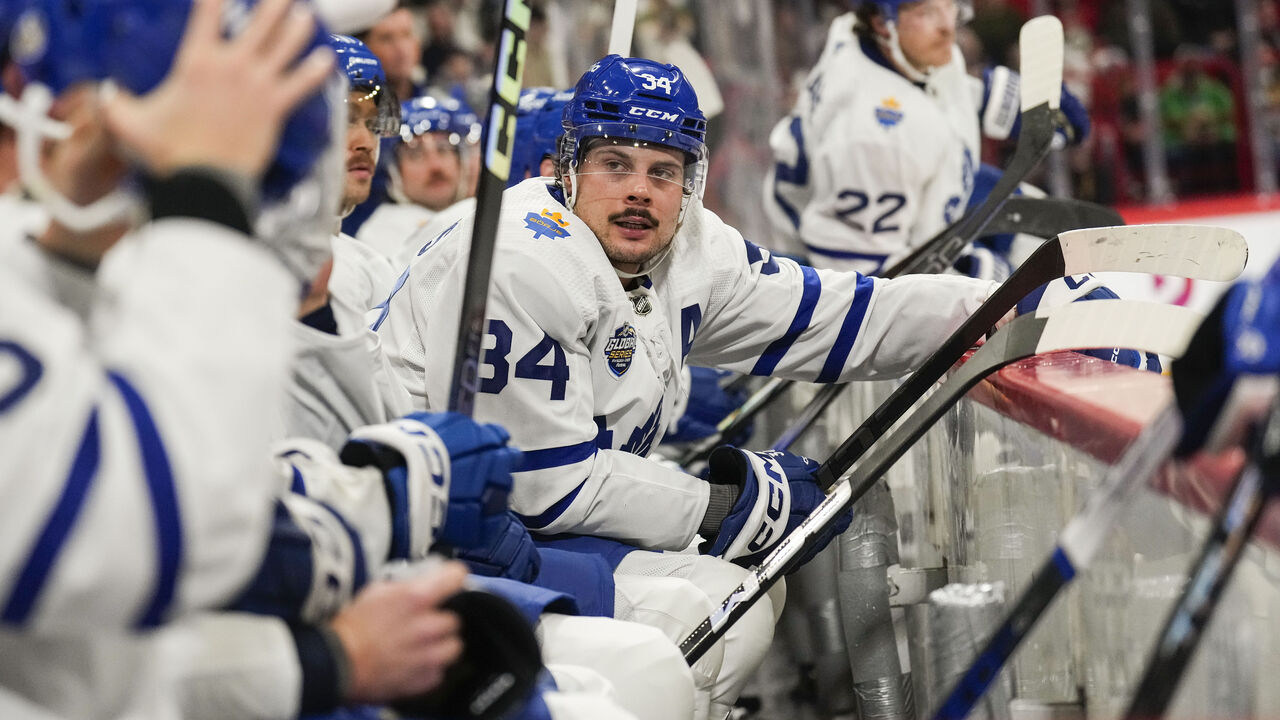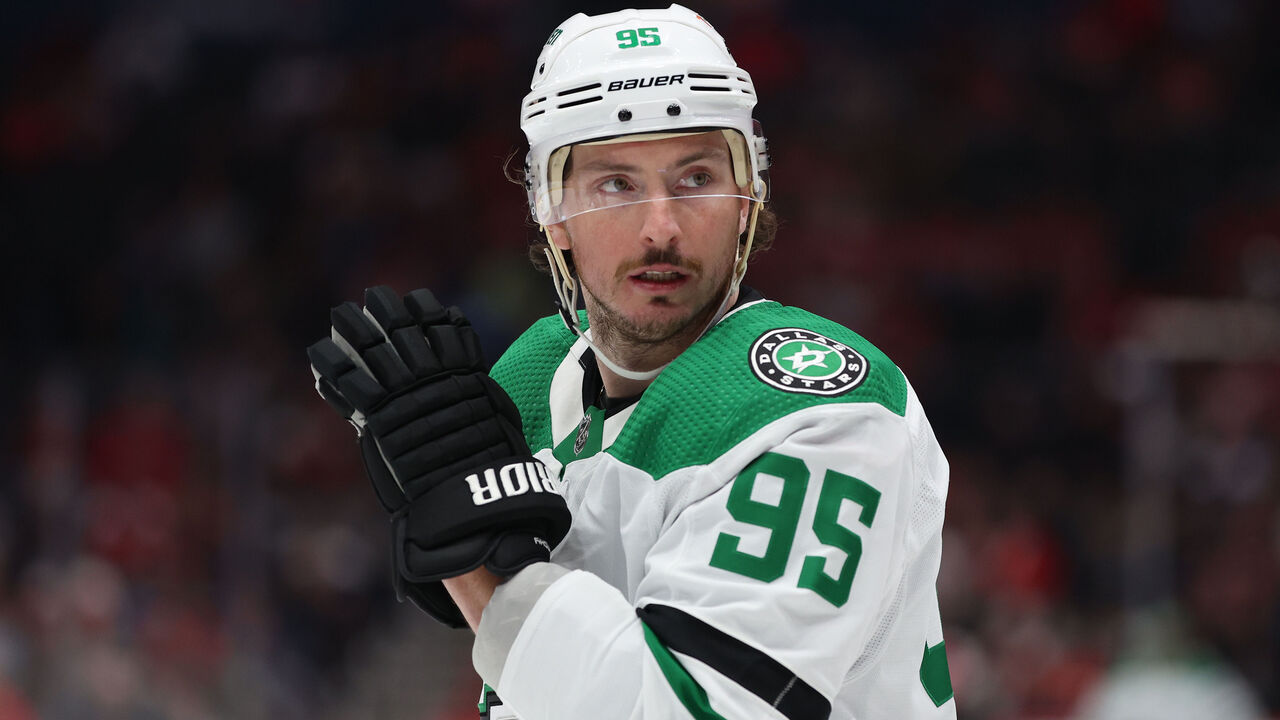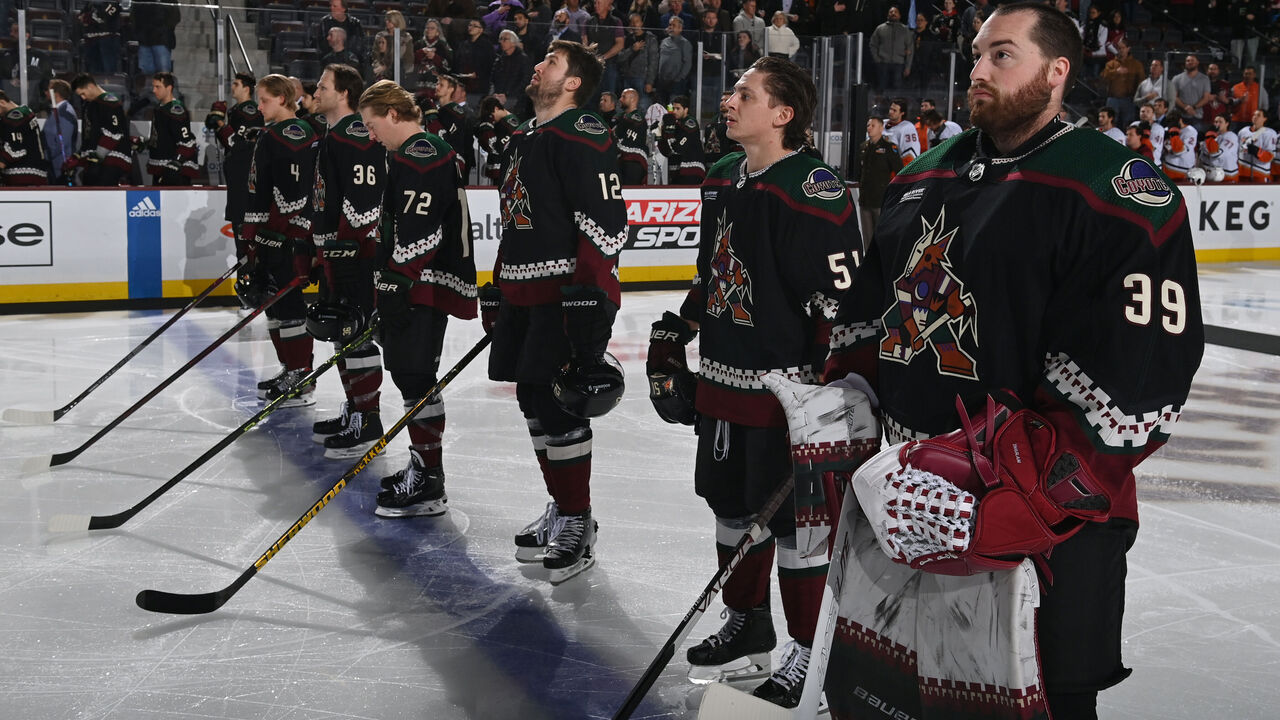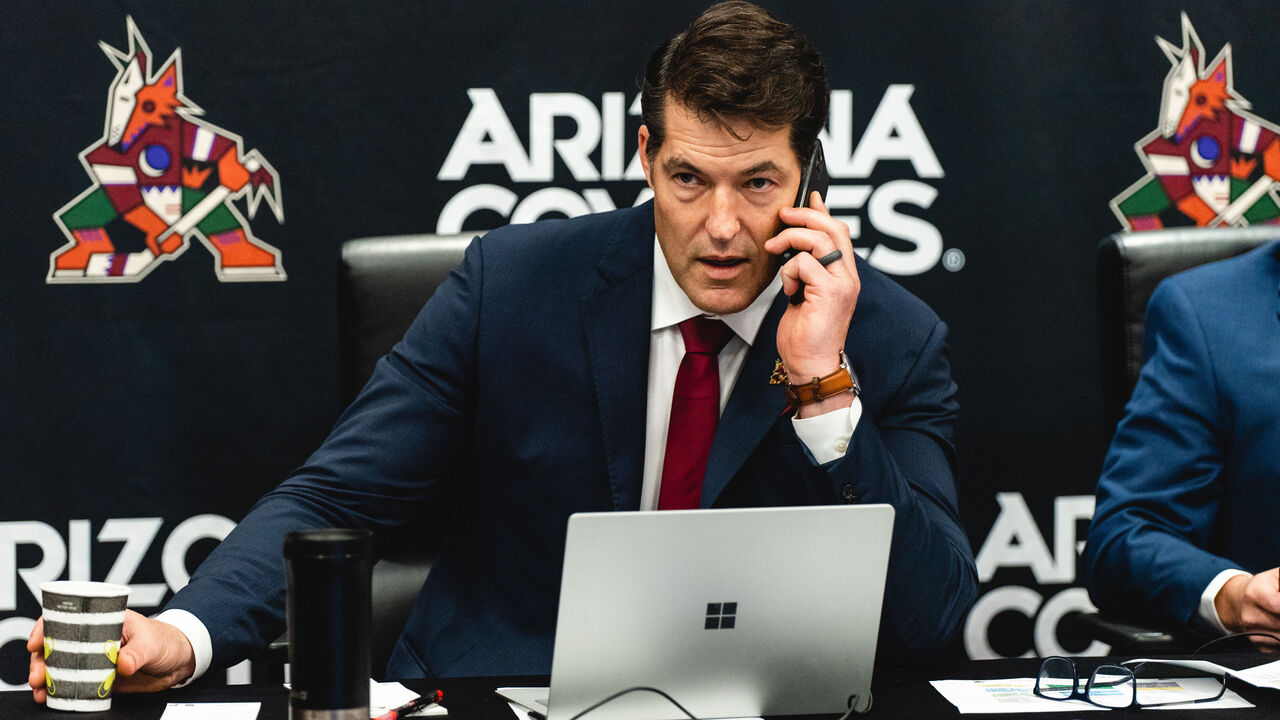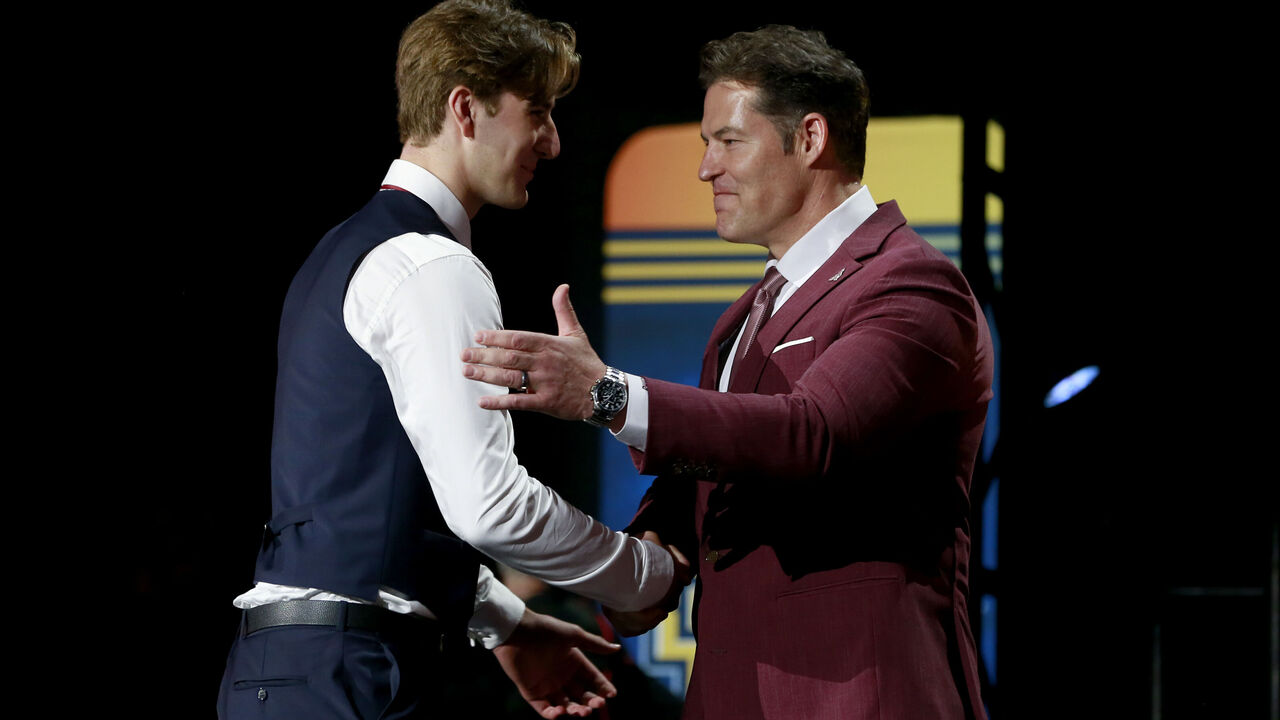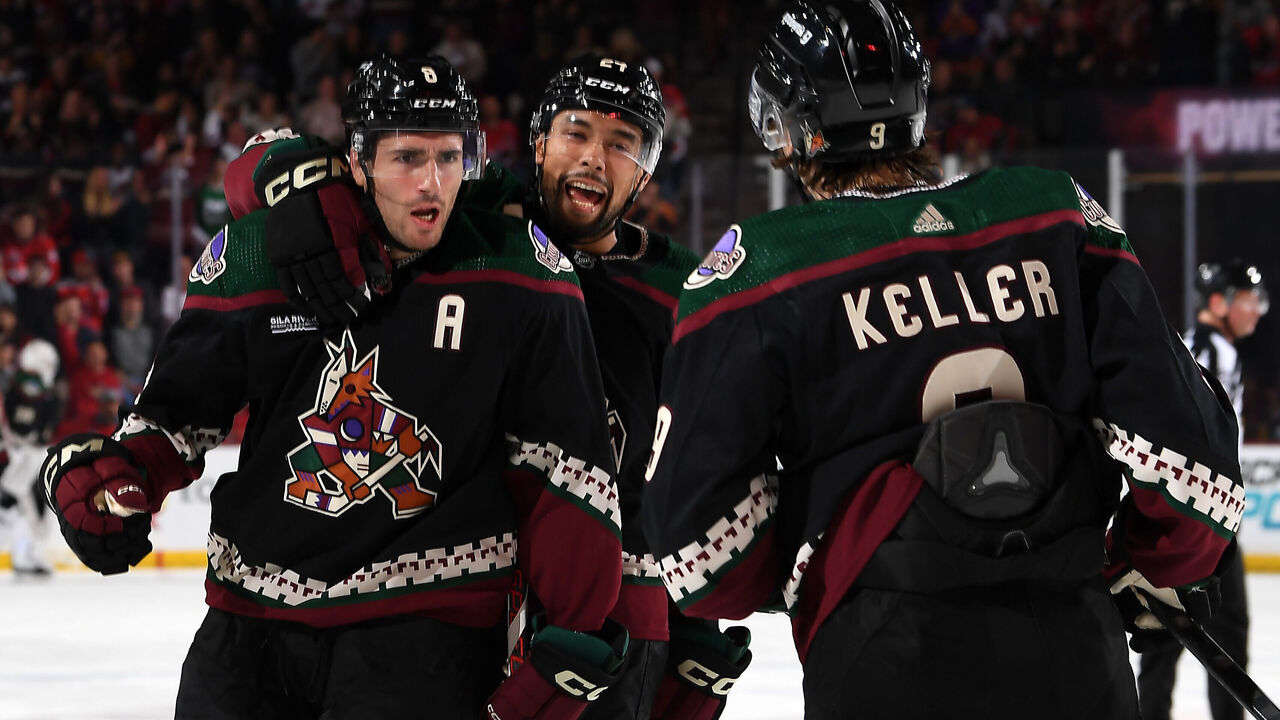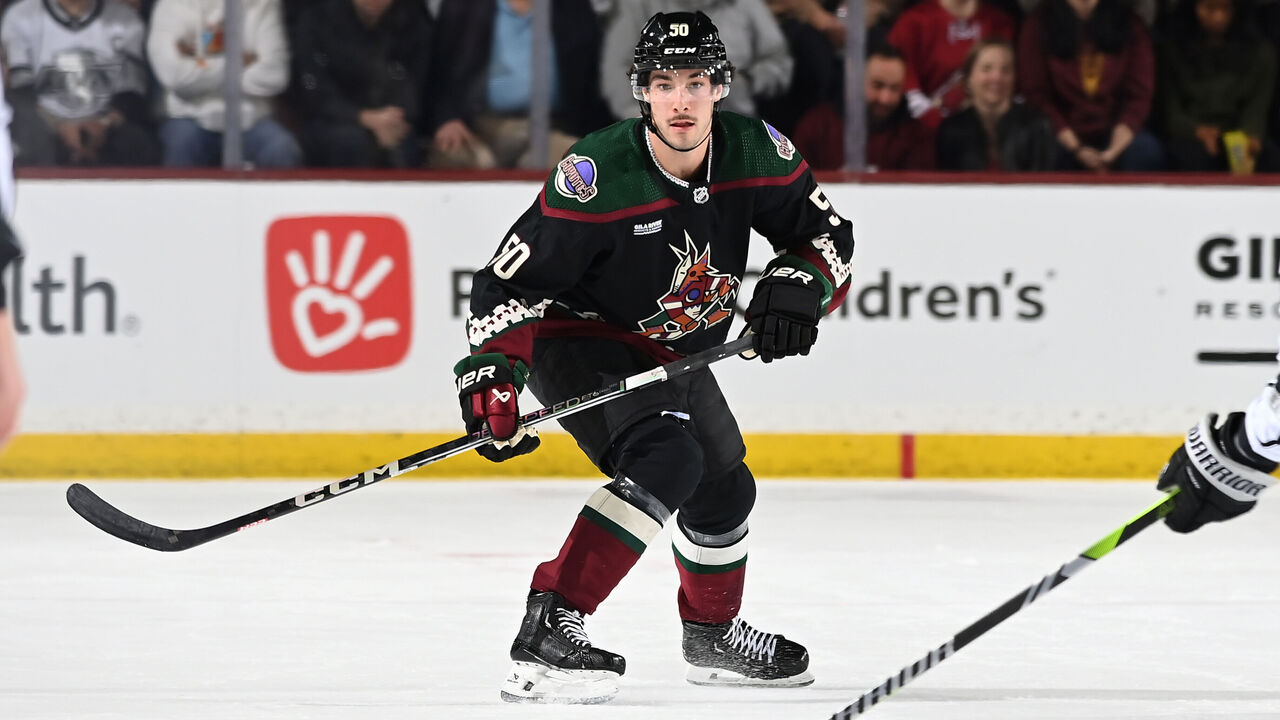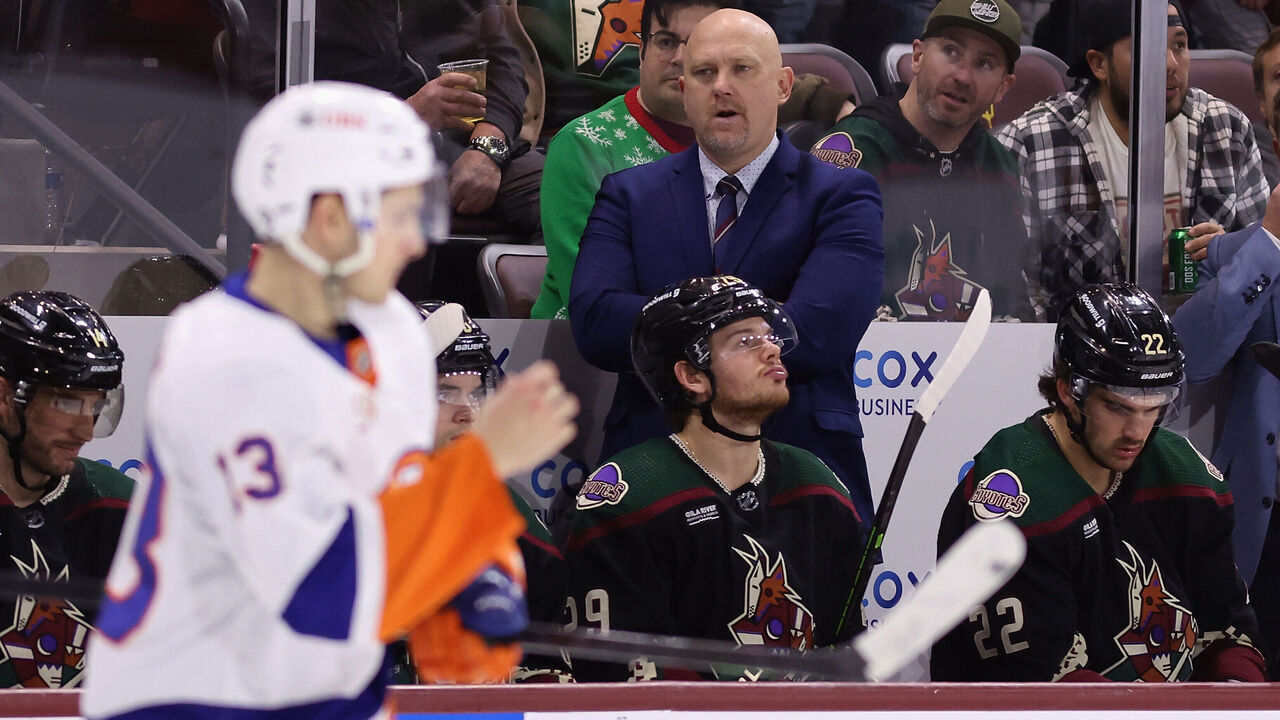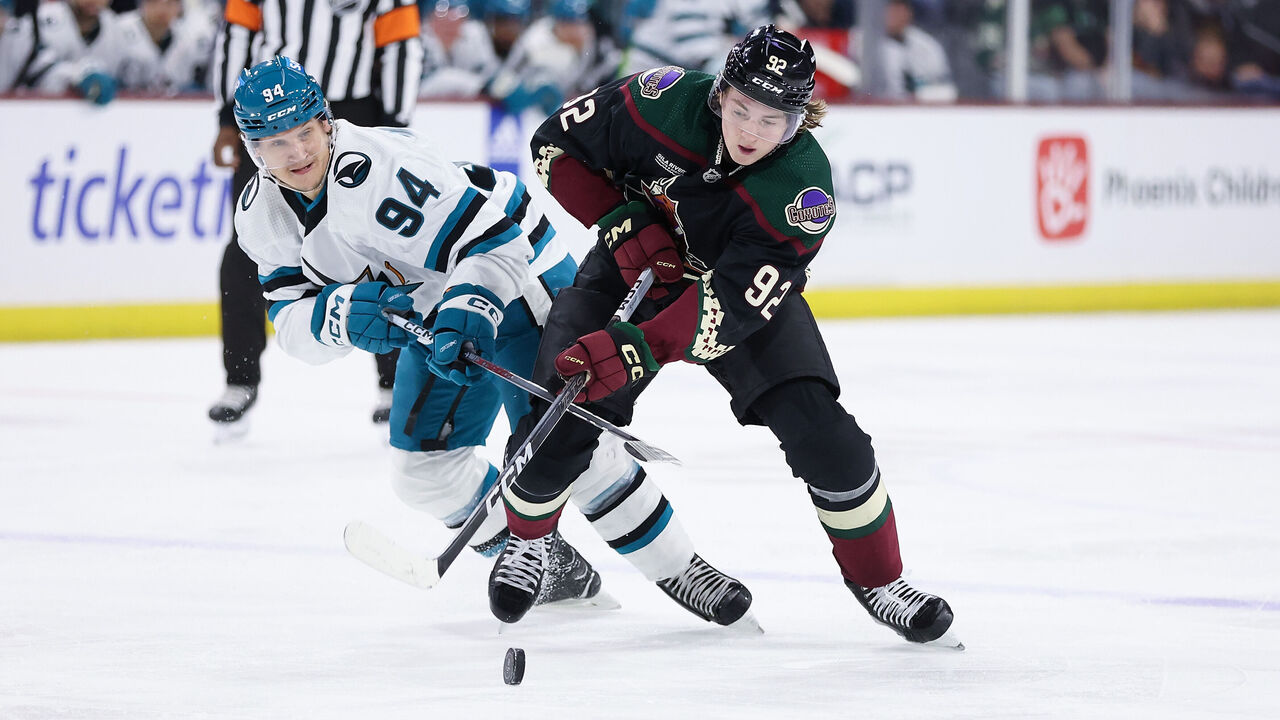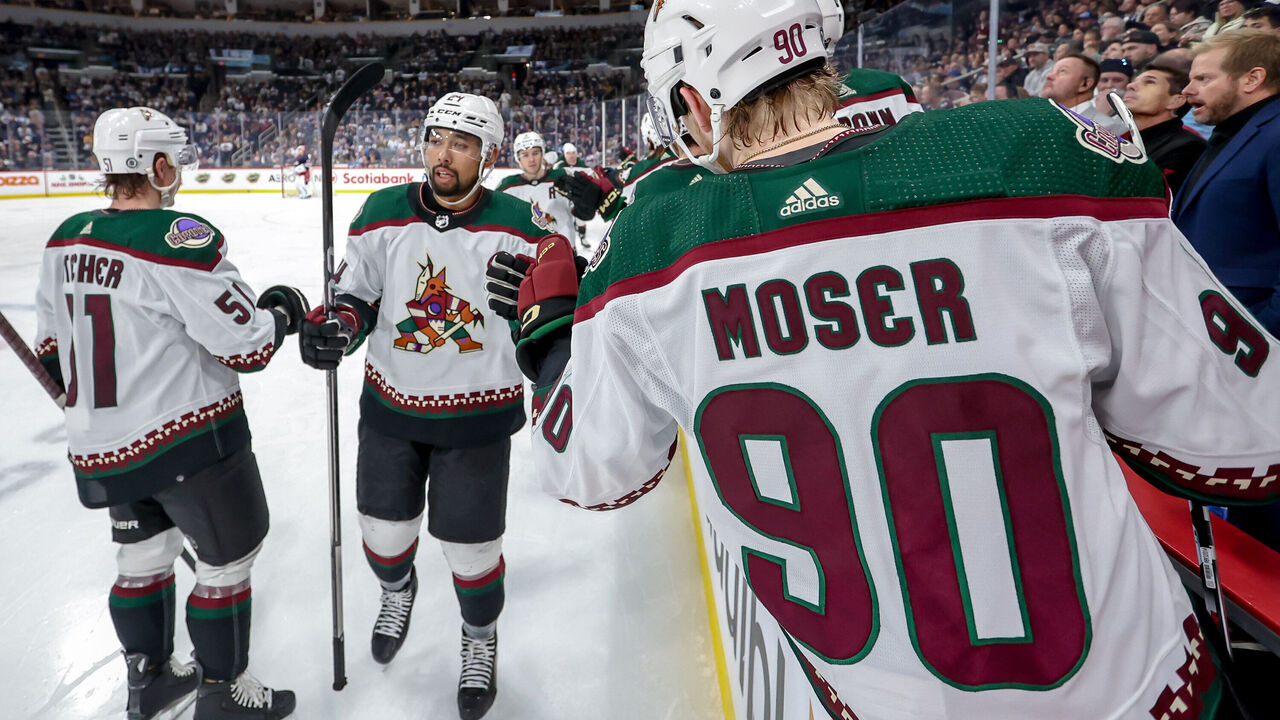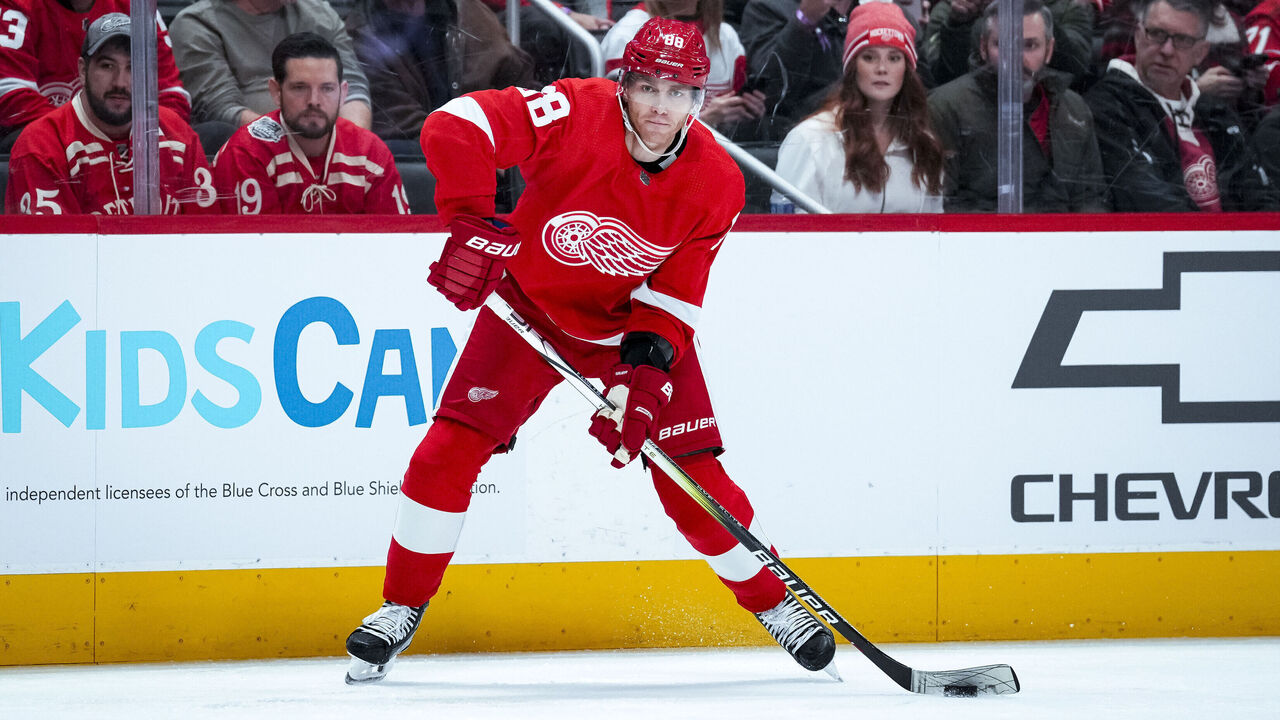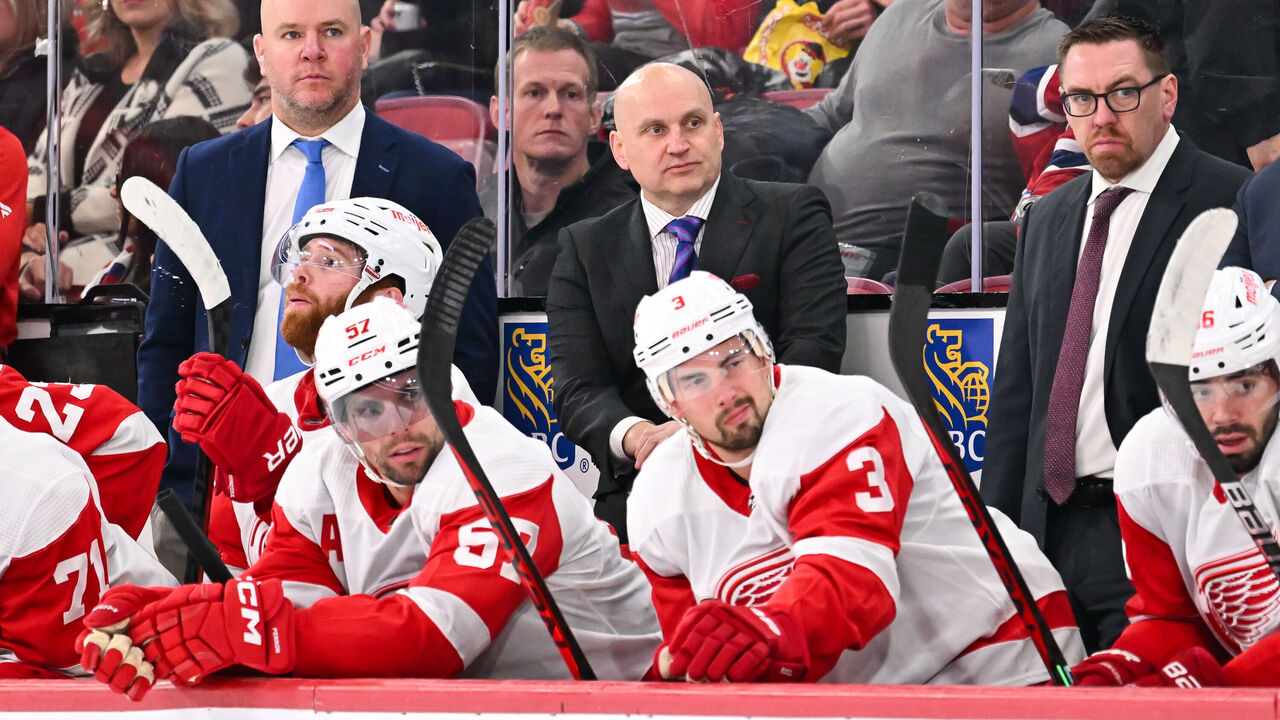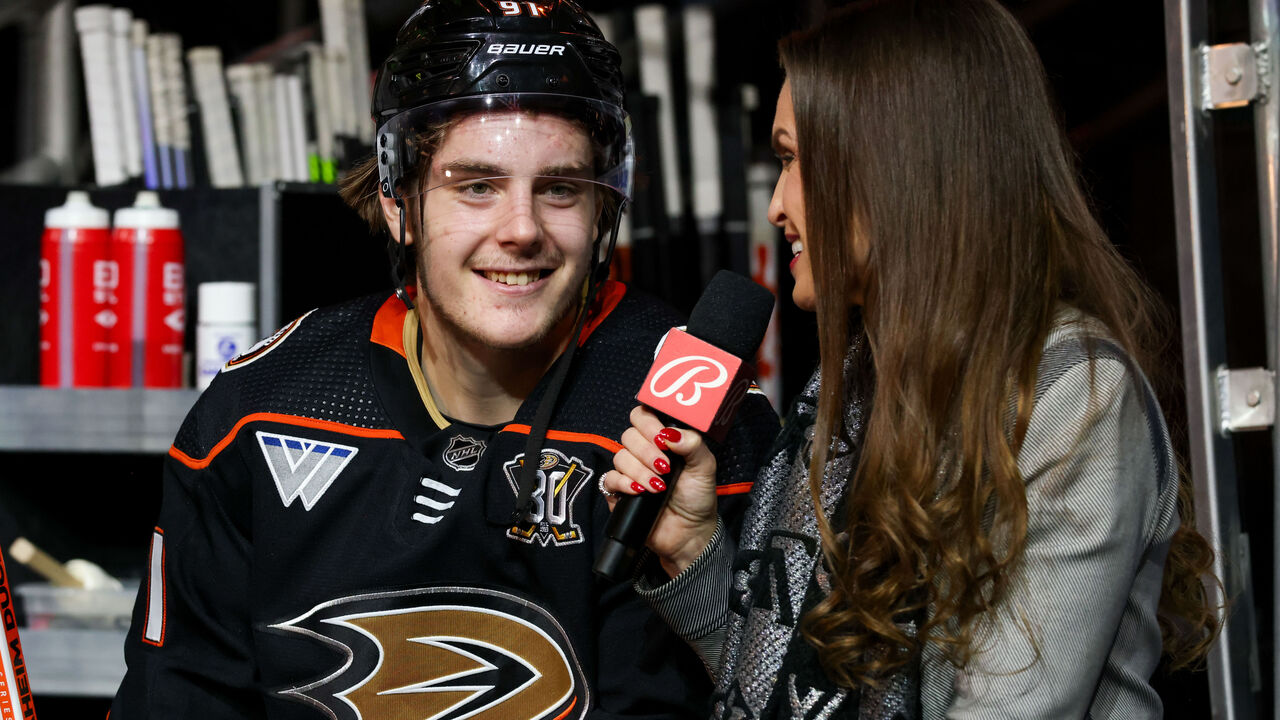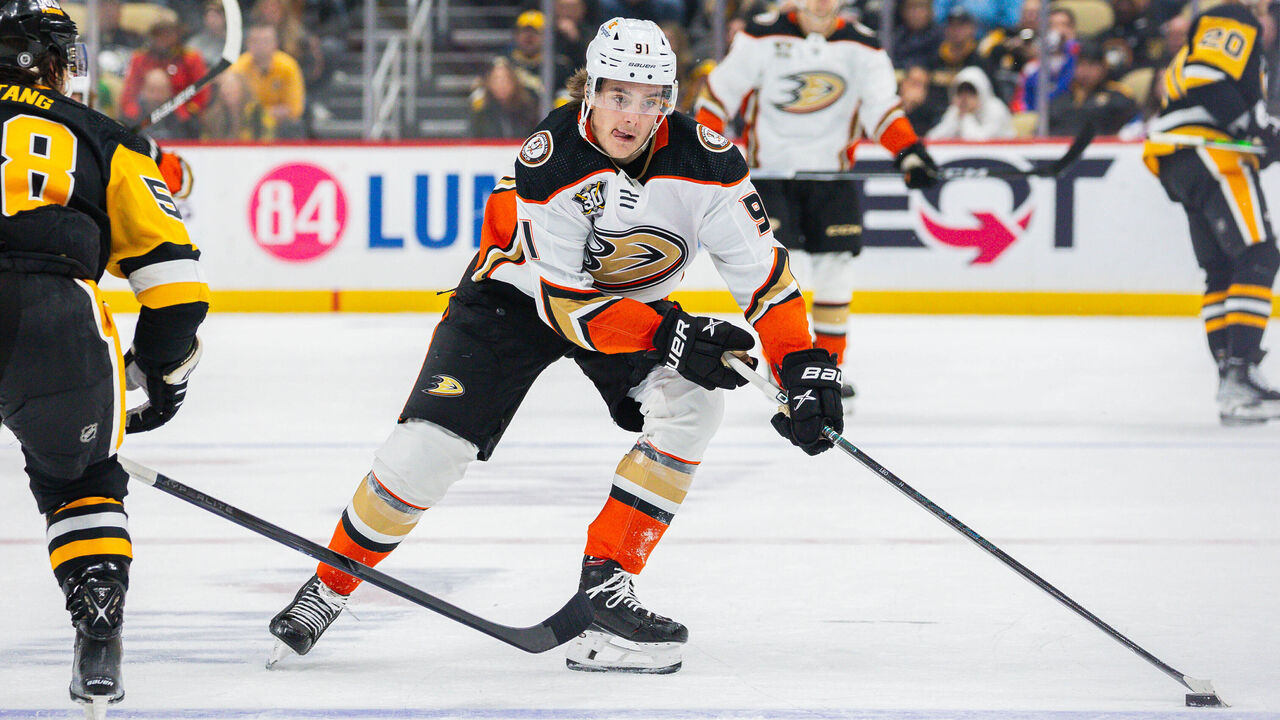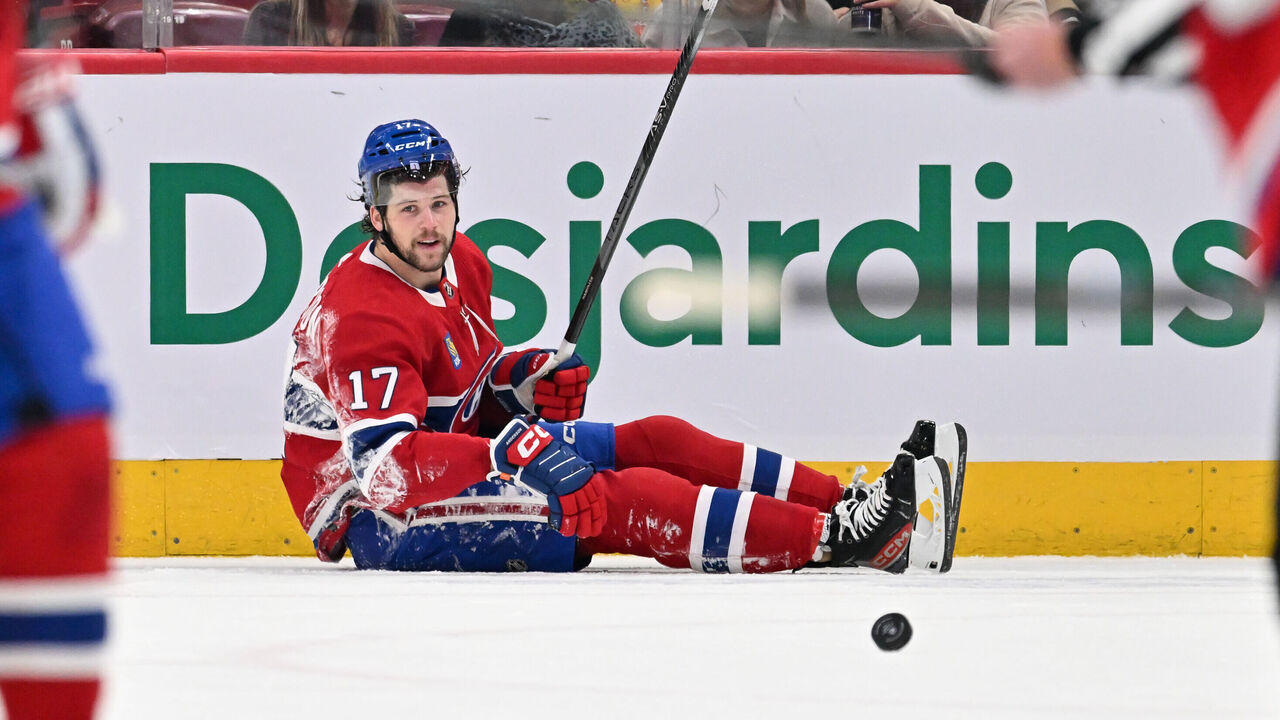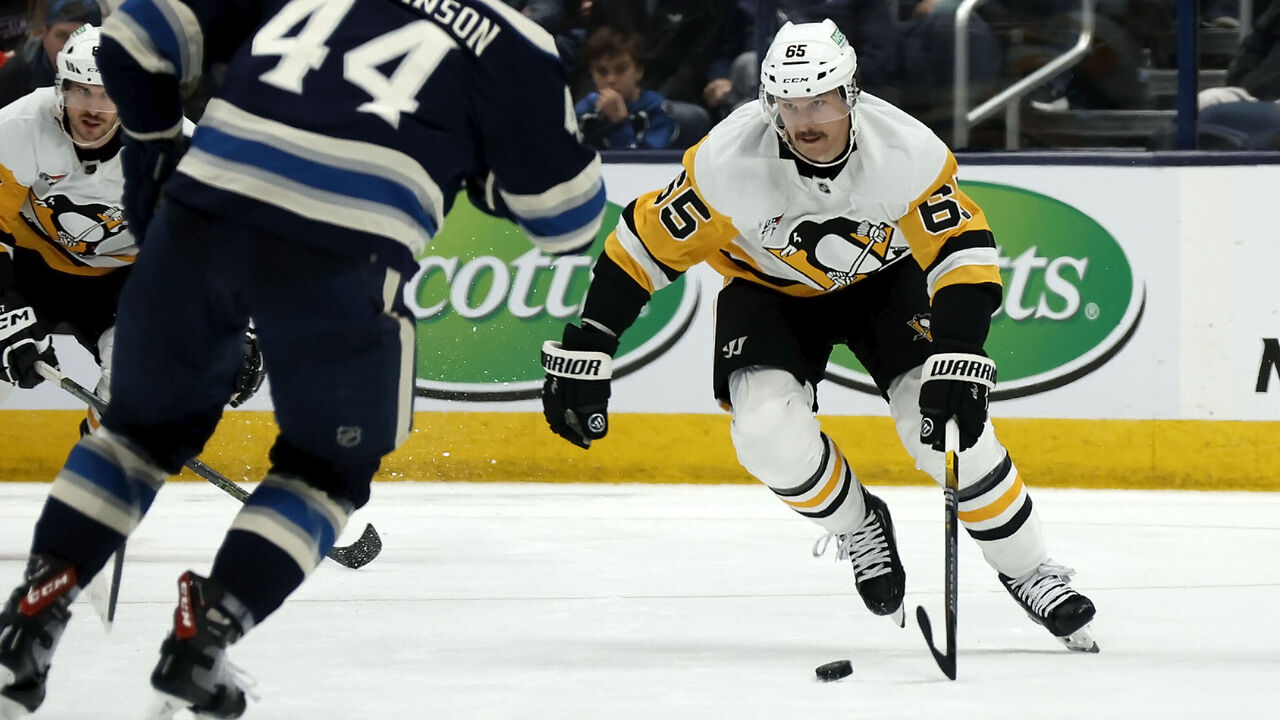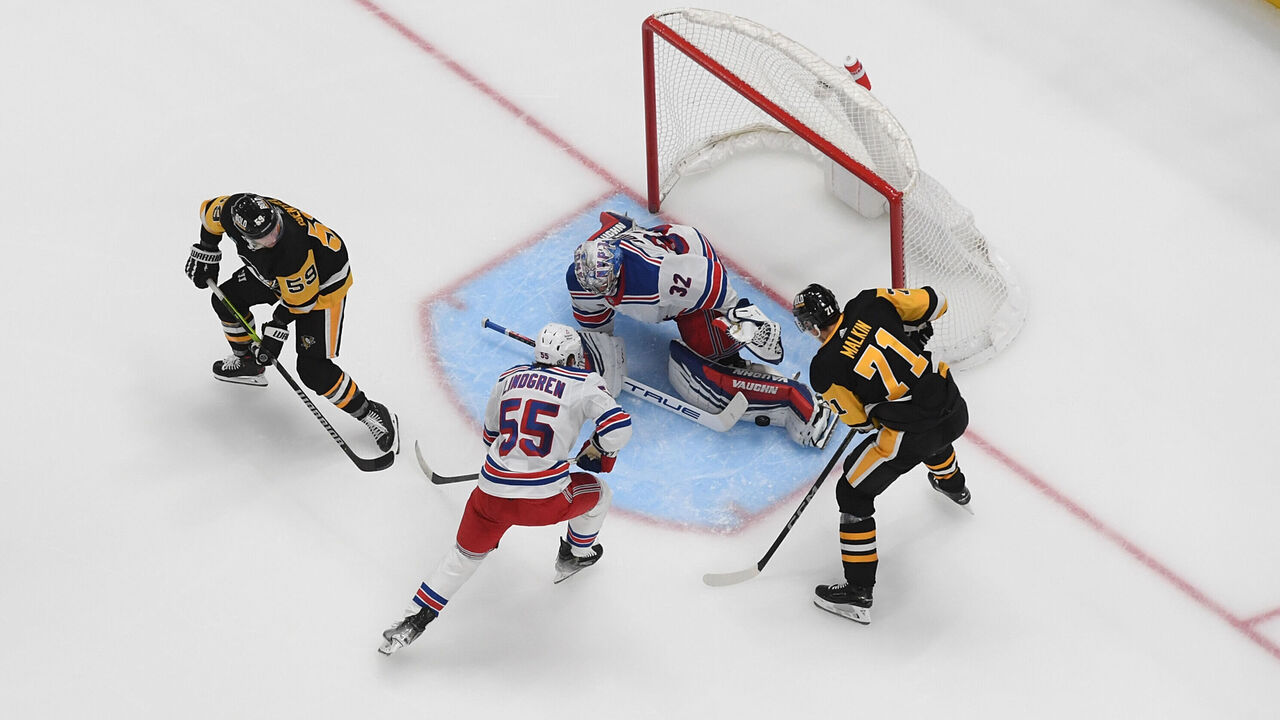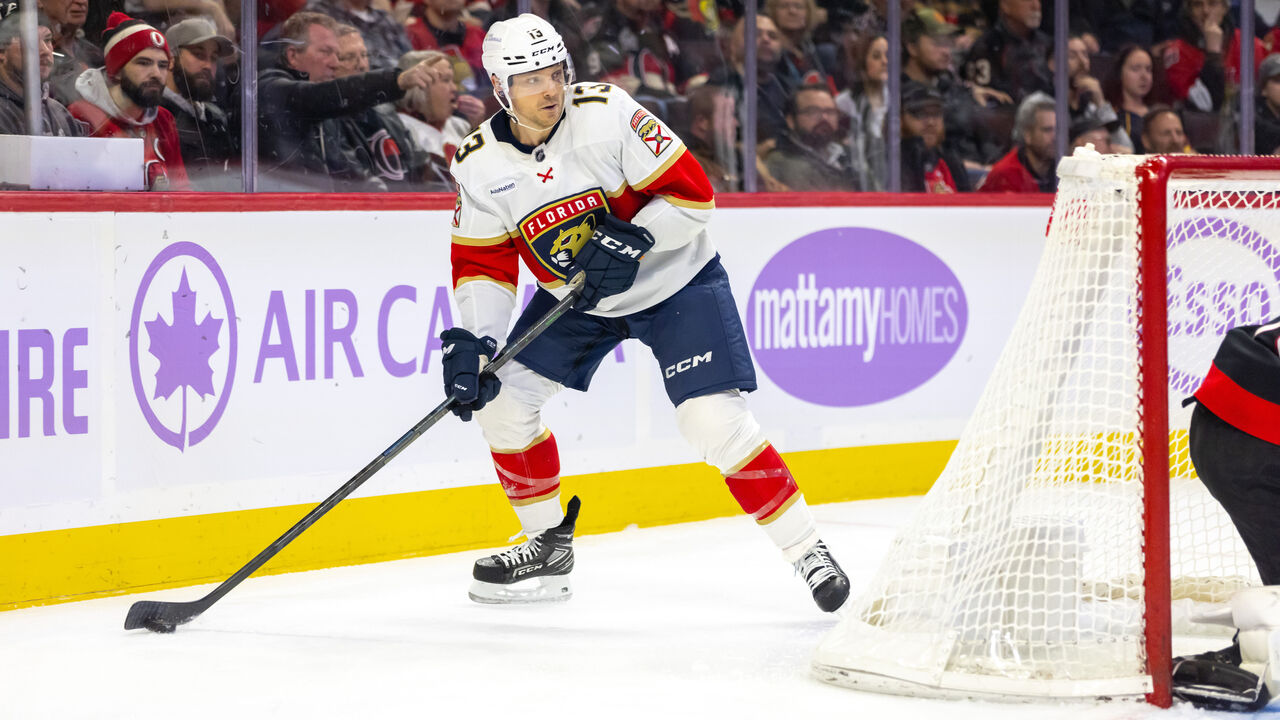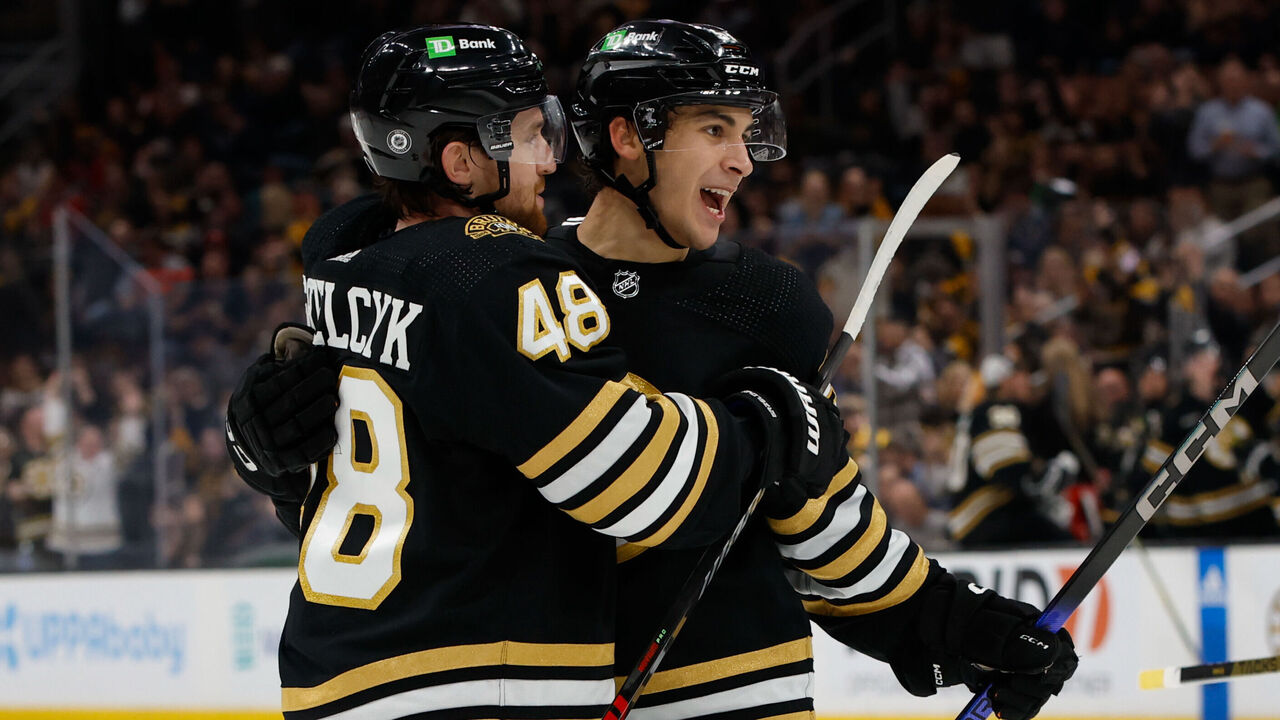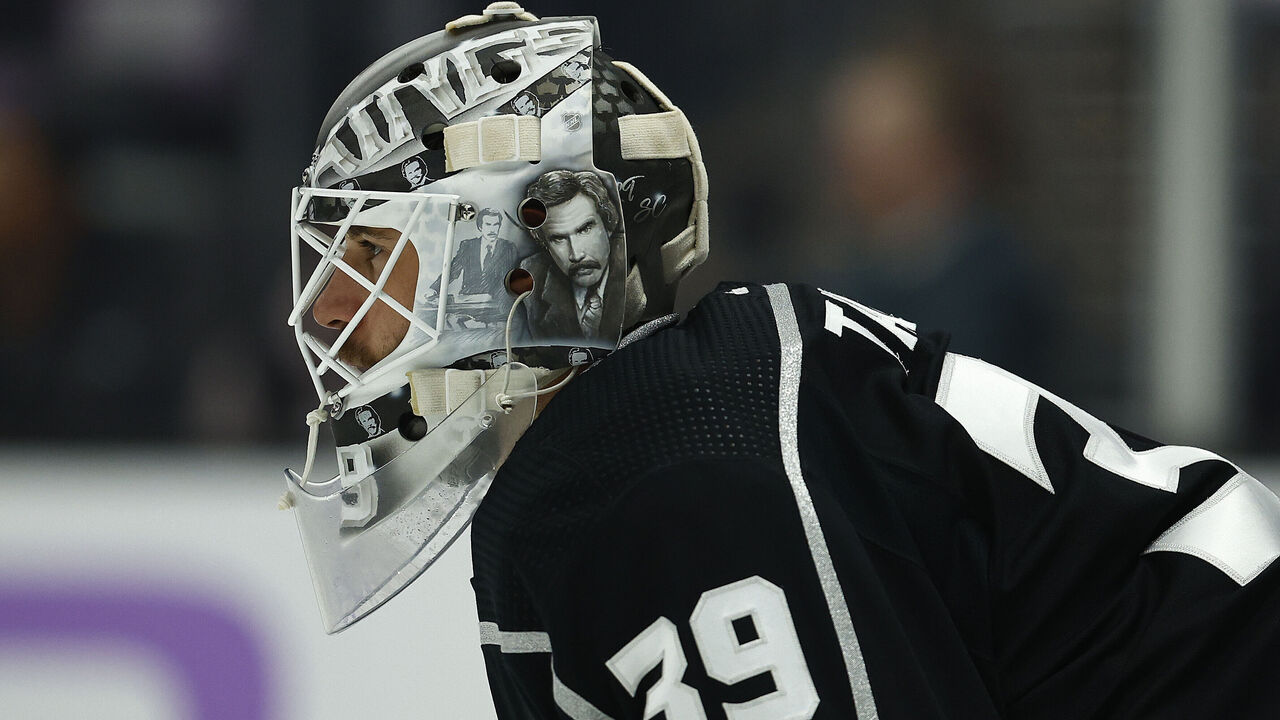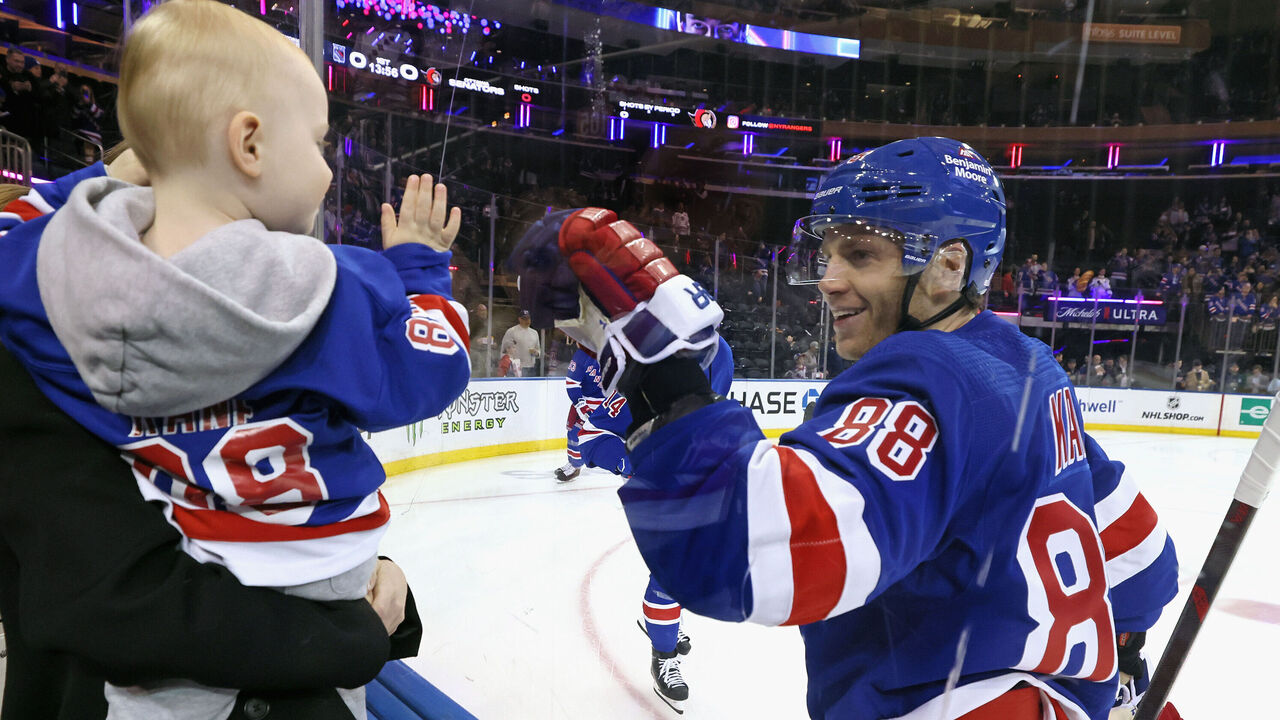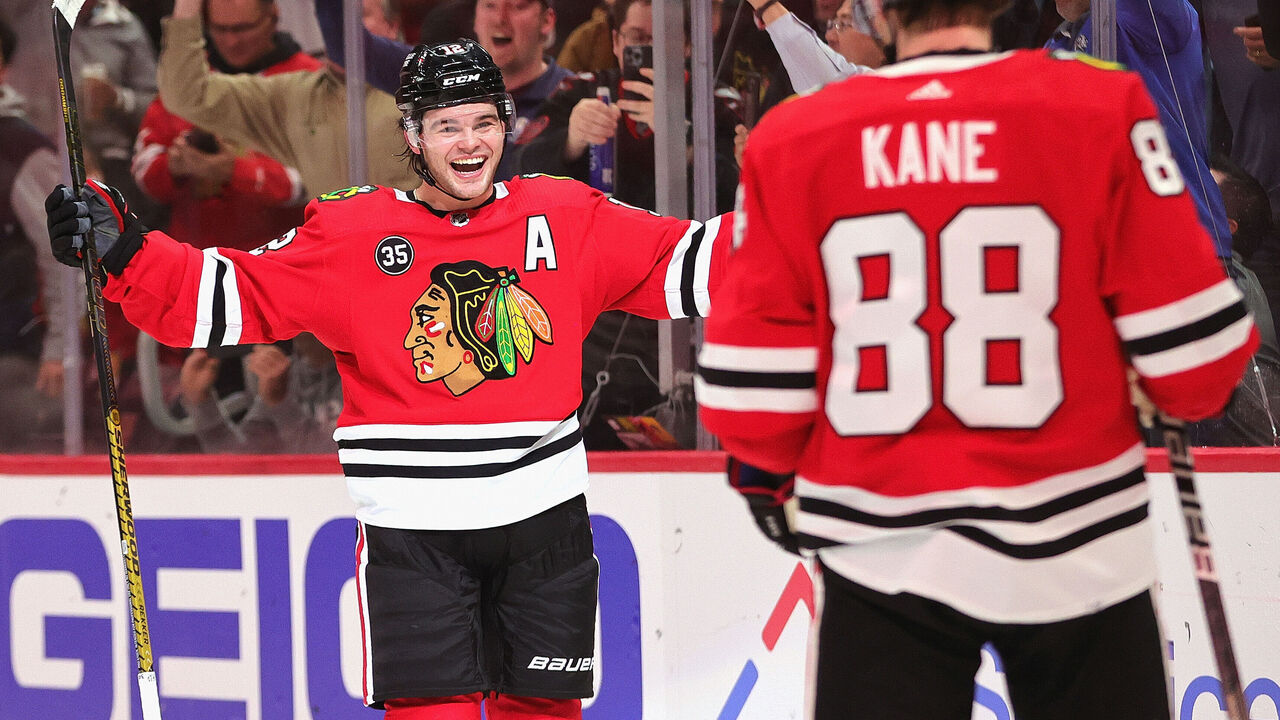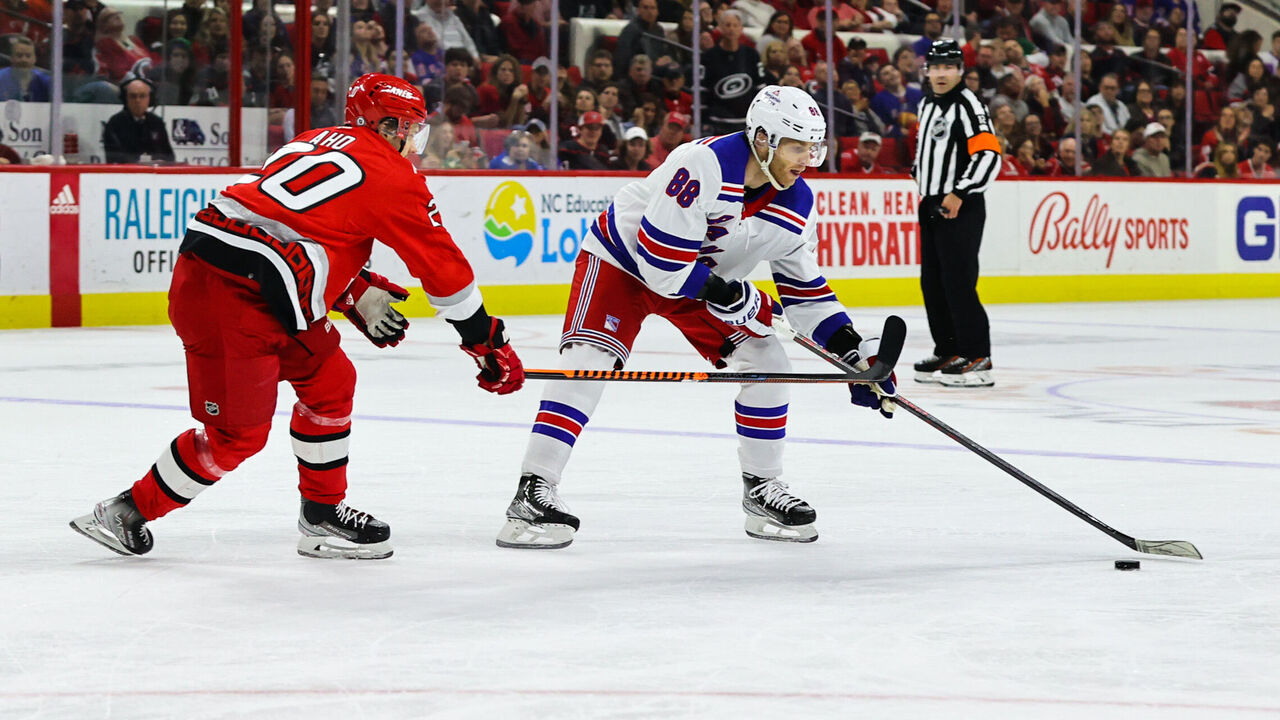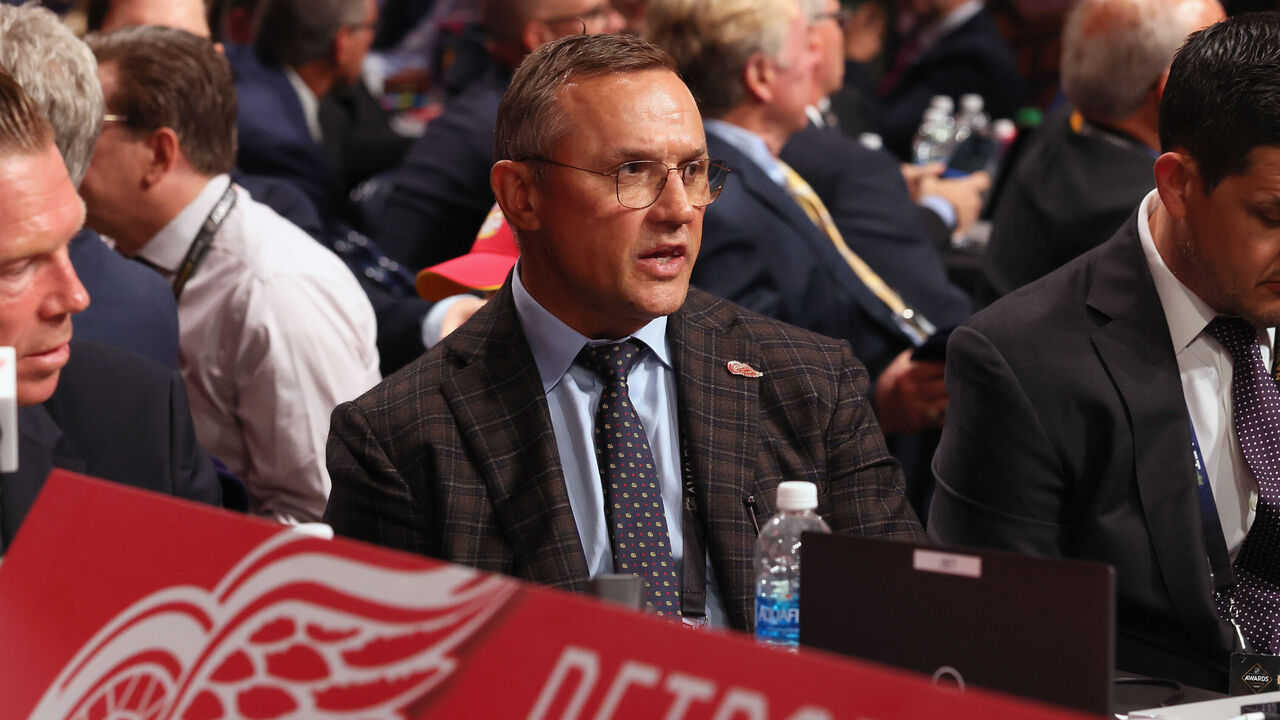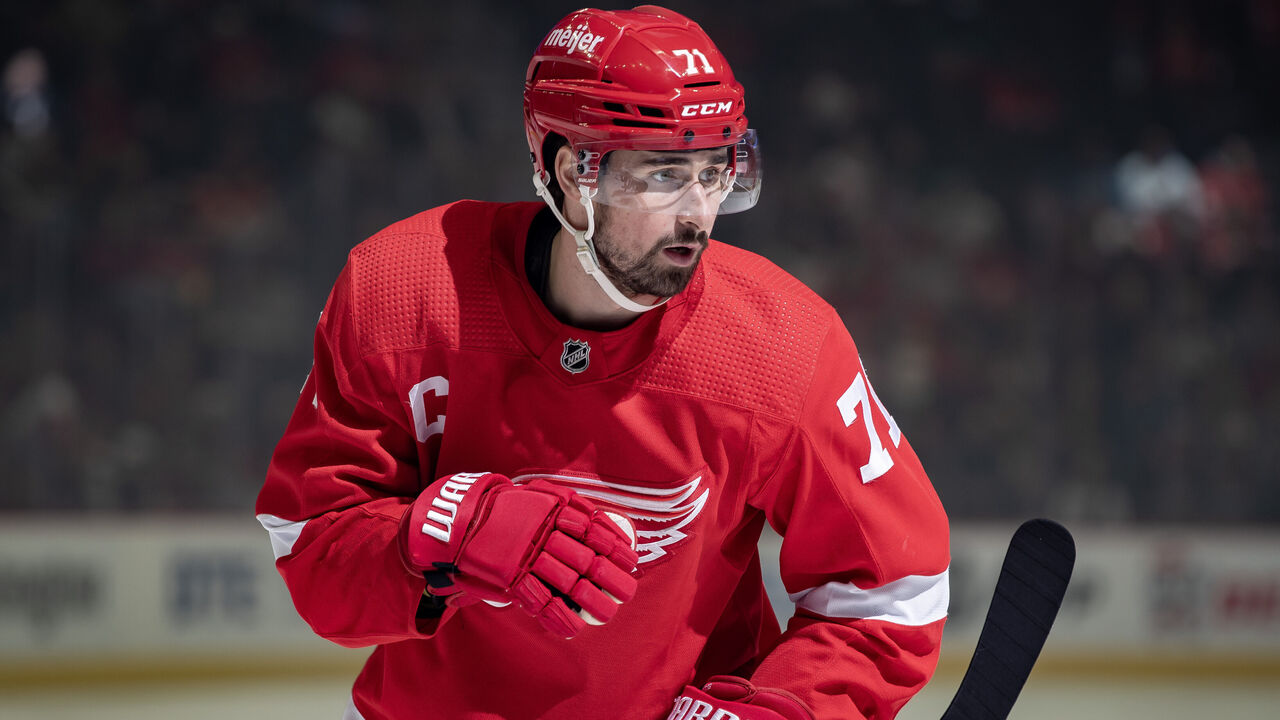Sitting on a stool inside a South Surrey, British Columbia, conference room last November, with a group of young male hockey players staring back at him, Brock McGillis lobbed a simple question at the Under-18 Semiahmoo Ravens.
"What is something you like doing away from hockey that you don't typically share with the boys?" asked McGillis, the first openly gay men's pro hockey player.
After gentle prodding, a player spoke up to say he likes to spend his free time making "dirty rap songs" - boom, the ice was broken. Others shared their love for drawing, woodworking, airplanes, luxury cars, fishing, and anime cartoons. One player sheepishly confessed to being a "big Lego guy."
"Legos! That's the first time I've gotten that answer, anywhere," McGillis said.
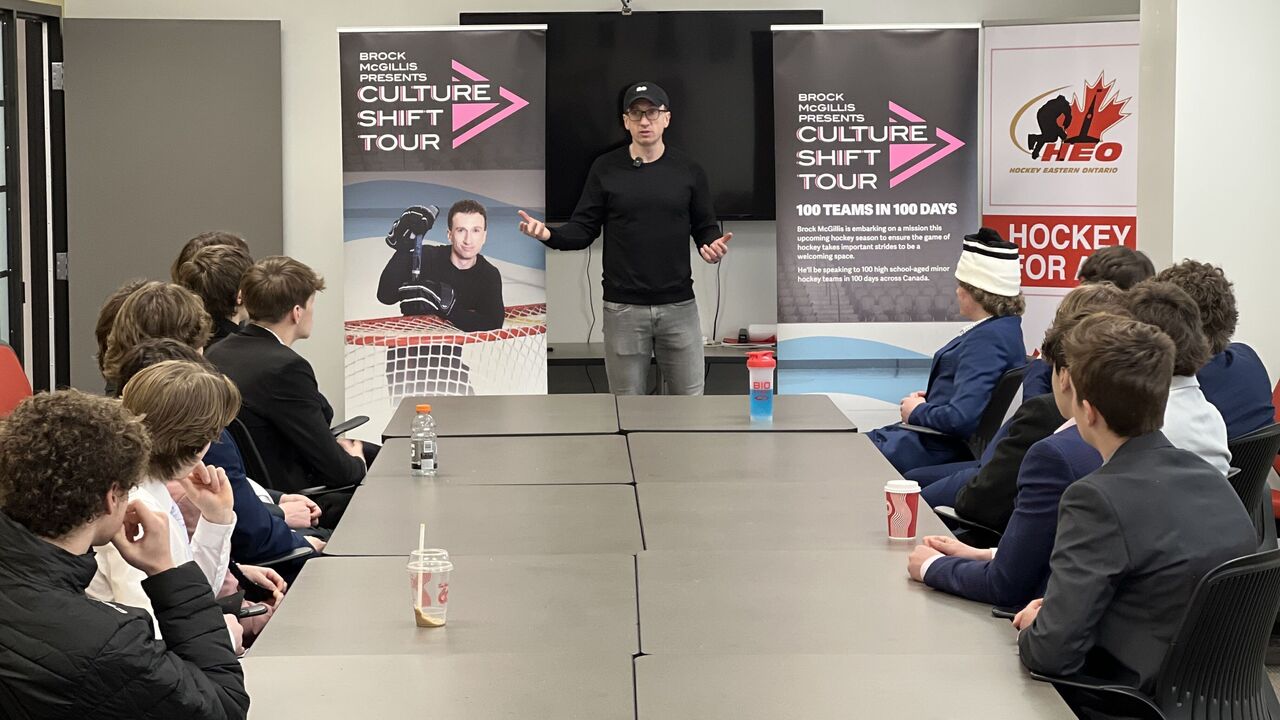
McGillis has experienced different versions of this revelatory interaction many times over the past few months. His 100-day Culture Shift tour, which includes talks with more than 100 minor-hockey teams spread across the seven Canadian NHL markets, aims to change language, behavior, and attitudes.
He challenges teenage players to embrace what makes them unique within a sport that typically promotes conformity. In Calgary, a player told McGillis about his hobby making candles - and how his teammates are selling them.
"I have this saying: Normal doesn't exist. We're all a bunch of weirdos, and that's a beautiful thing," McGillis said last week during a break in the tour, which is scheduled to wrap in Toronto on Feb. 5 and return next season.
McGillis played in the Ontario Hockey League, briefly in the now-defunct United Hockey League, a pro league in the Netherlands, and at Concordia University in Montreal. The former goalie came out in 2016 and has since dedicated his working hours to LGBTQ activism and relaying his personal story. Now 40, he's the co-founder of the queer-led nonprofit Alphabet Sports Collective, and was recently named one of The Hockey News' 100 people of power and influence within the sport.
Here are a few things we learned while sitting down with McGillis.
The ripple effect
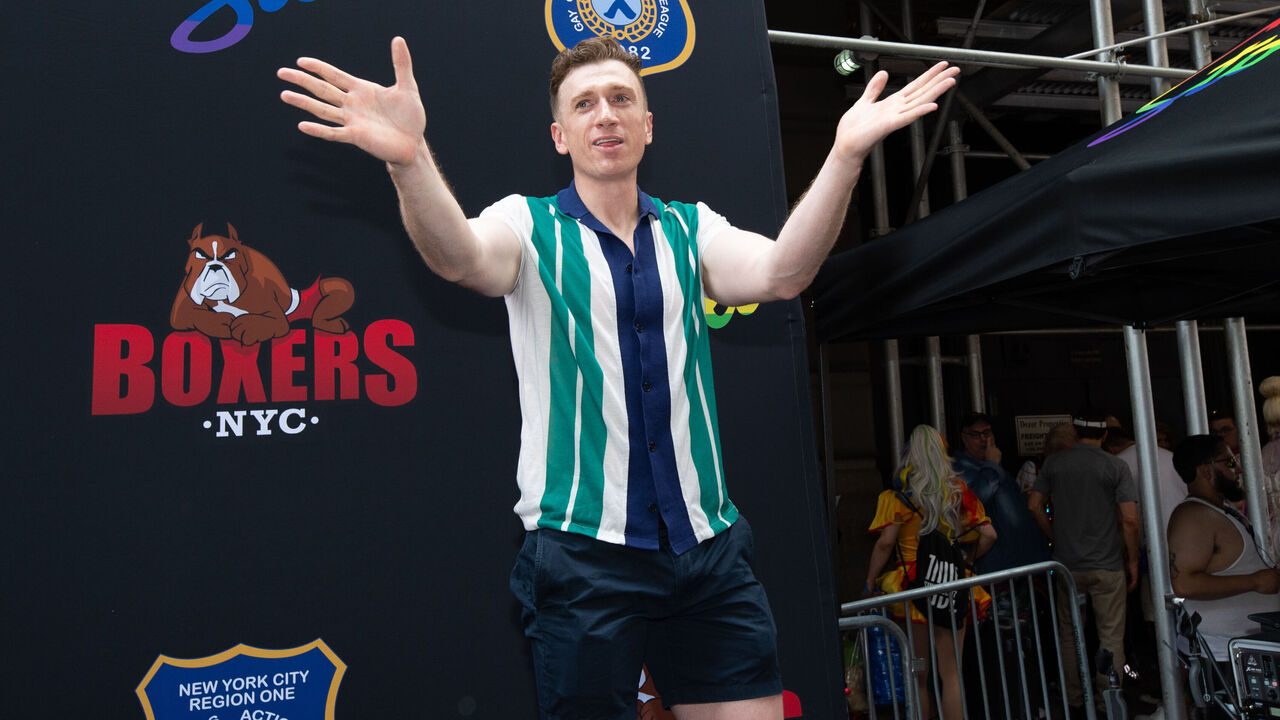
After his retirement in 2010, McGillis began training elite athletes in Sudbury, Ontario. He hid his sexuality for about five years at work in part because he was afraid of being blackballed by local sports associations. Then he got a phone call from a hockey mom who wanted to set him up on a blind date.
"What's her name?" McGillis asked.
"Steve," the mom replied.
McGillis' clients already knew his secret. He thought about coming out to them, but opted to observe their behavior instead. He noticed they'd freeze up and apologize any time they used homophobic language. McGillis was encouraged by this, though he wondered how they acted with him not around.
At a conditioning session when McGillis wasn't present, a player, upset at another trainer's demands to keep running, expressed his frustrations. "This is so gay," he said. An older player told the younger player his remark was unacceptable and anybody who speaks like that should do 50 pushups.
Keeping teammates accountable in this way became a trend in the area.
"That older player, on that day, on a random track in Sudbury, in 2015, did something he thought was so small. But he was creating a shift. And that shift had a ripple effect," McGillis said. "Because every shift we create - big or small - leads to something else."
McGillis came out not long after hearing that story. Thousands of people have reached out for counsel since then. Many have summoned the courage to come out themselves. Another ripple effect.
"Pick a topic: Racism. Homophobia. Misogyny. Ableism. Bullying. Mental health," McGillis said. "Whatever it is, a shift can happen."
How to create shifts
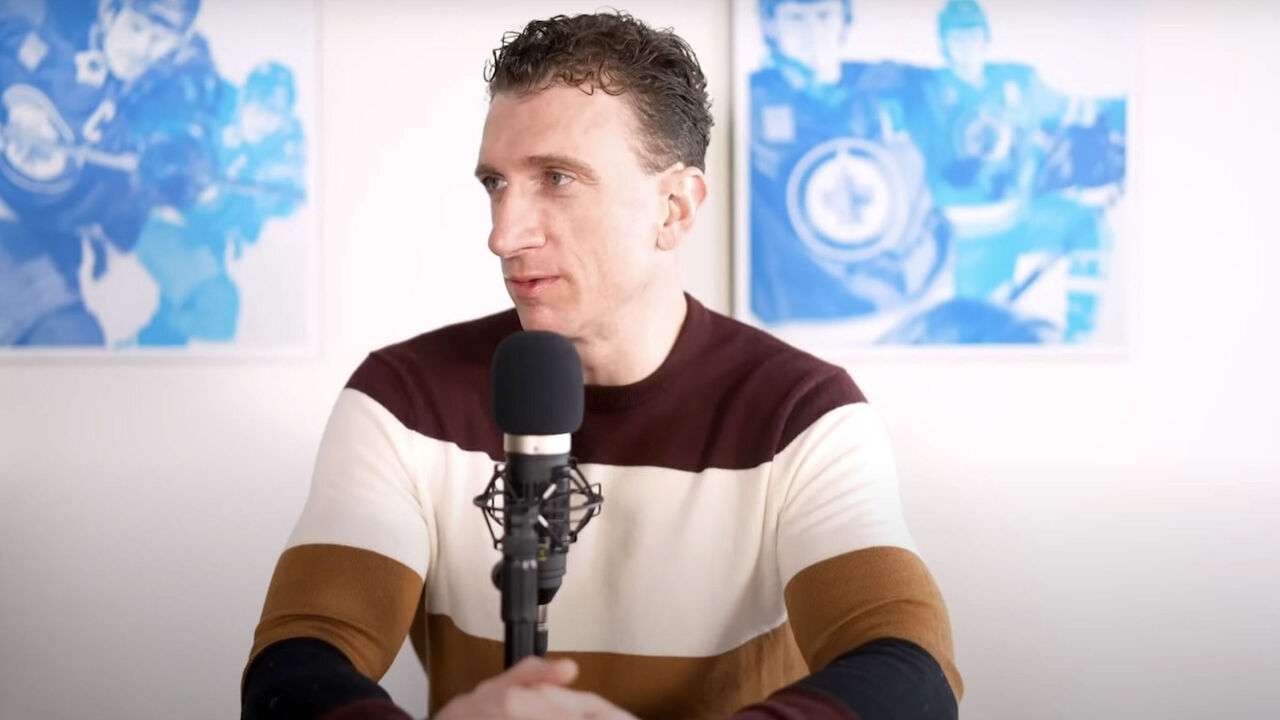
McGillis believes there are three easy ways to create a shift within big groups:
Humanize the issue
Create an accepting environment
Break conformity
To start his talks, McGillis asks the group if they know anyone from the LGBTQ community. Typically, 90% raise a hand - and he wants the teenagers to think about that person in their life as he relays his own story. For years, he himself used slurs, adopted a hyper-masculine attitude, and dated girls. He battled depression. All because he was never comfortable being his true self.
What might your sibling, friend, classmate, or teammate be thinking? And feeling?
McGillis noticed the vast majority of hockey players dress, walk, talk, and act similarly. In other words, they conform to norms of hockey culture.
Creating an accepting environment, one that celebrates differences in outside interests, skin color, sexual orientation, and whatever else, can lead to a break in conformity, which can lead to people feeling empowered to speak out about injustices. These open-minded environments, McGillis says, can be fostered at the grassroots, intermediate (junior or college), and pro levels.
"We need to embrace individuality," McGillis said. "This cultlike mentality we have in hockey culture is problematic. It leads to things like the 2018 world juniors team." McGillis decries the silence from Hockey Canada and teammates who may have witnessed the alleged sexual assault at the center of an ongoing scandal.
Evolving at slow pace
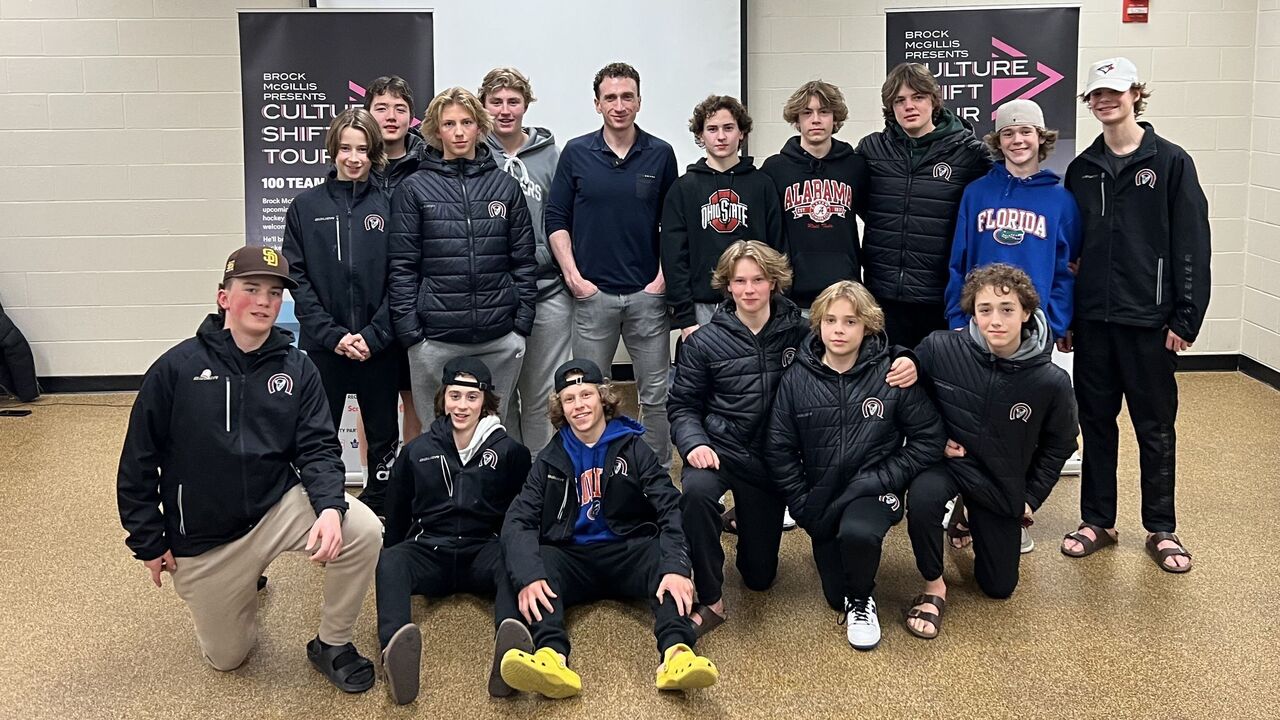
In some ways, a lot has changed since McGillis came out.
Luke Prokop, a third-round draft pick of the Nashville Predators, is now the first out gay player under NHL contract. Player agent Bayne Pettinger, Alphabet Sports Collective's other co-founder, is out too. Seattle Kraken athletic trainer Justin Rogers counts as yet another trailblazer. All three received overwhelming support at the time of their personal announcements.
Pride warmup jerseys and Pride Tape have been overall positives for hockey and the LGBTQ community. However, controversies surrounding their NHL usage have dominated headlines. With most steps forward, there's a step back.
"We have to see all the dark to push towards the light," is how McGillis puts it.
Is he generally optimistic about the future?
"We have a ways to go to continue to evolve the culture. But people want to evolve it. Adults want to. Kids want to. They're receptive. I've seen it firsthand lately," McGillis said. "One of the biggest things I'm realizing is that nobody wants to be the villain. When you teach people the impact they're having - positive or negative - nobody wants to be the one making a negative impact.
"It's the best sport in the world," he added. "So let's make the best version of it on and off the ice."
John Matisz is theScore's senior NHL writer. Follow John on Twitter (@MatiszJohn) or contact him via email (john.matisz@thescore.com).
Copyright © 2024 Score Media Ventures Inc. All rights reserved. Certain content reproduced under license.
